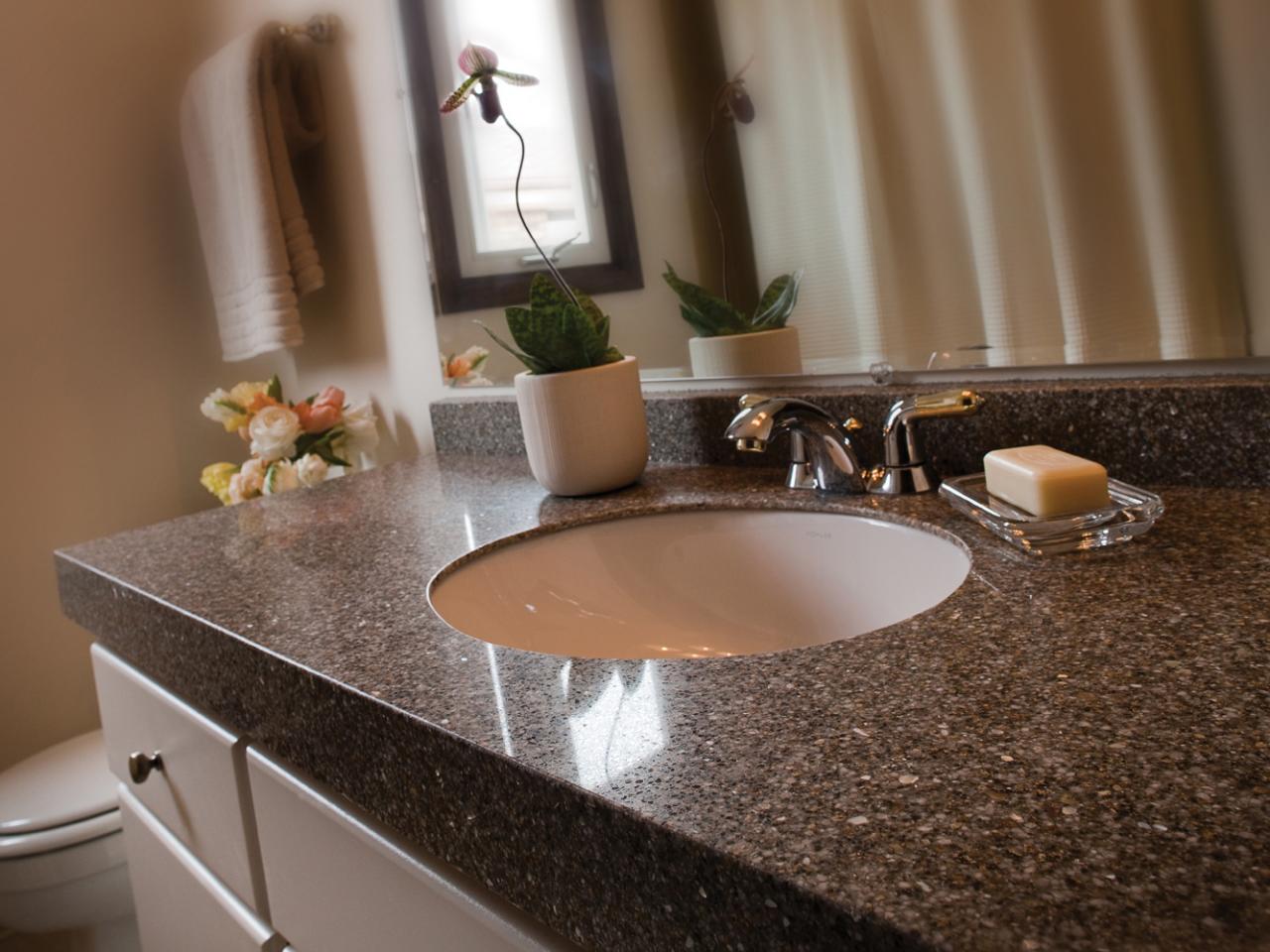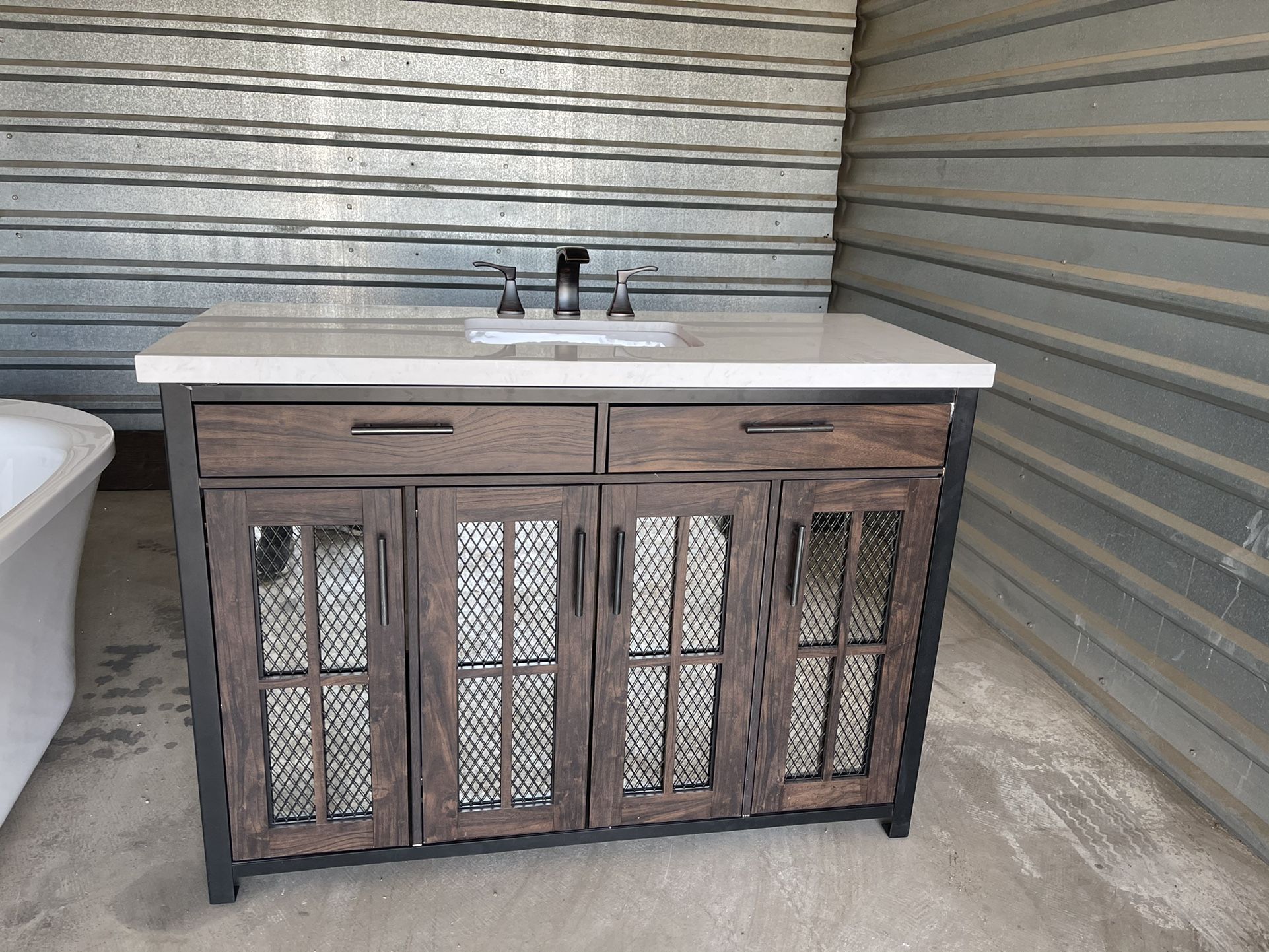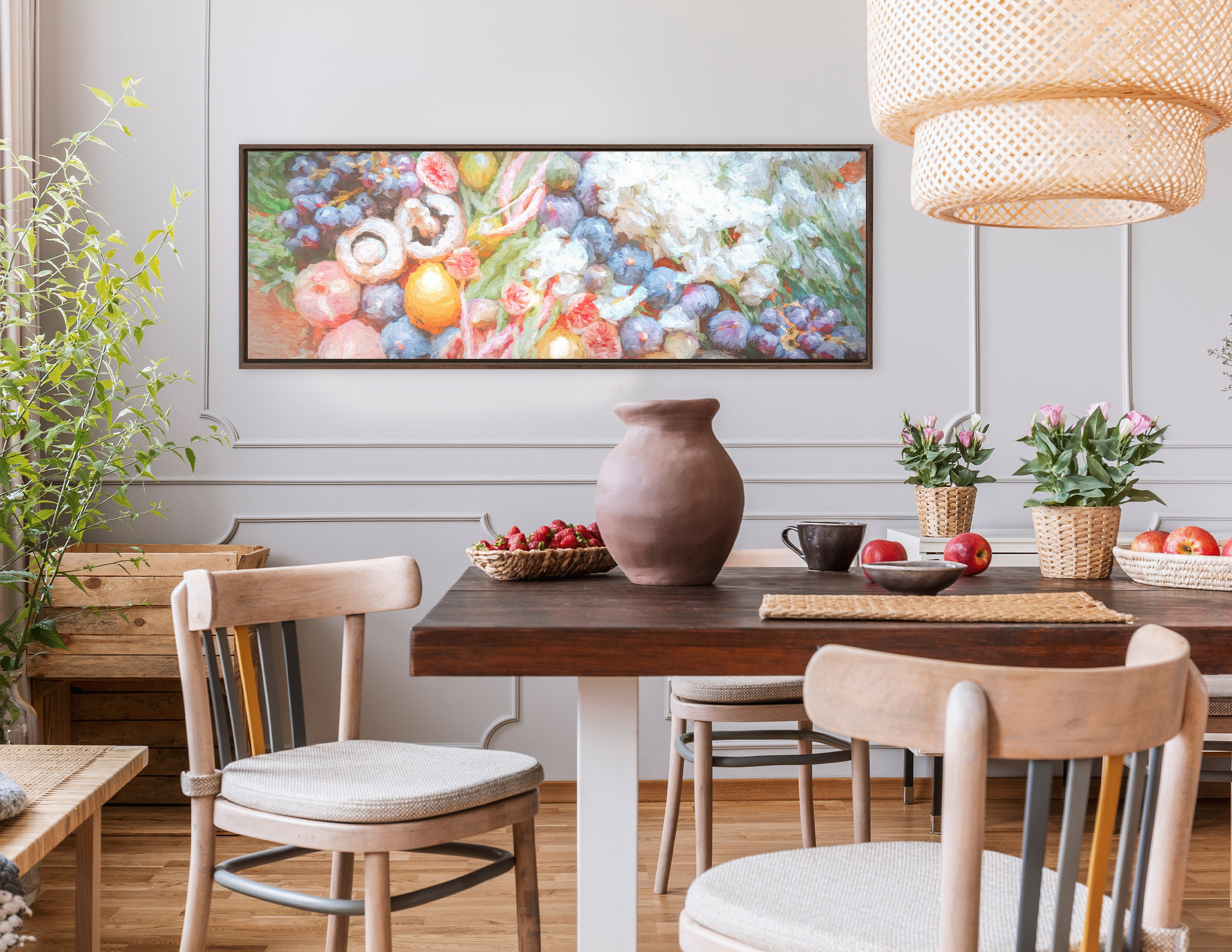Marble has long been a popular choice for bathroom vanities due to its elegant and luxurious appearance. Its natural veining and patterns add a timeless charm to any bathroom. Marble is a type of metamorphic rock that is formed from limestone, making it a durable and long-lasting choice for a bathroom vanity top. One of the main benefits of marble is its heat resistance, making it a great choice for bathrooms with hot styling tools or hair dryers. It is also relatively easy to maintain, requiring only regular sealing to prevent staining and etching from harsh cleaning products. Another advantage of marble is its versatility in design. It comes in a variety of colors and patterns, allowing you to find the perfect match for your bathroom's style. However, it is important to note that marble can be a more expensive option compared to other materials.1. Marble Vanity Top
Quartz has quickly become a popular choice for bathroom vanities due to its durability and low maintenance. It is a man-made material, consisting of crushed quartz and resin, giving it a natural stone-like appearance. One of the main advantages of quartz is its non-porous surface, making it resistant to stains, bacteria, and mold. This makes it a great option for high-traffic bathrooms or households with children. It is also a highly durable material, resistant to scratches and chips. Additionally, quartz comes in a wide range of colors and patterns, making it easy to find a design that fits your bathroom's aesthetic. It is also more affordable compared to natural stone options like marble or granite.2. Quartz Bathroom Countertop
Granite is a popular choice for bathroom vanities due to its durability, beauty, and natural resistance to heat and moisture. It is a natural stone that is formed from volcanic activity, giving it a unique and stunning appearance. One of the main benefits of granite is its strength and durability. It is a highly scratch and chip-resistant material, making it perfect for high-traffic bathrooms. It is also heat-resistant, making it a great choice for bathrooms with hot styling tools. Another advantage of granite is its variety of colors and patterns. It is a natural material, so each slab is unique, adding a one-of-a-kind touch to your bathroom. However, granite can be a more expensive option and may require occasional sealing to prevent staining.3. Granite Vanity Surface
Solid surface is a man-made material that is made from a combination of acrylic, polyester, and natural minerals. It is known for its seamless and smooth appearance, making it a great option for modern and minimalist bathroom designs. One of the main advantages of solid surface is its non-porous surface, making it resistant to stains, bacteria, and mold. It is also highly durable and can withstand daily wear and tear. Additionally, it is a low maintenance option, requiring only regular cleaning with mild soap and water. Solid surface comes in a variety of colors and patterns, allowing you to choose the perfect match for your bathroom's style. It is also a more affordable option compared to natural stone materials.4. Solid Surface Vanity
Laminate is a budget-friendly option for bathroom vanities that is made from multiple layers of kraft paper and resins. It is known for its durability, low maintenance, and wide range of colors and patterns. One of the main benefits of laminate is its affordability. It is one of the most budget-friendly options for a bathroom vanity surface. It is also highly resistant to stains and scratches, making it a great choice for high-traffic bathrooms. However, laminate is not as heat-resistant as other materials like granite or quartz, so it is important to use a heat-resistant mat for hot styling tools. It may also require occasional sealing to prevent water damage.5. Laminate Bathroom Vanity
Cultured marble is a man-made material that is made from a blend of crushed marble and resin. It is known for its beauty and affordability, making it a popular choice for bathroom vanities. One of the main advantages of cultured marble is its versatility in design. It can be molded into different shapes and sizes, allowing for customized bathroom vanity tops. It is also highly durable and easy to maintain, requiring only regular cleaning with mild soap and water. However, cultured marble may not be as heat-resistant as other materials and may require occasional polishing to maintain its shine.6. Cultured Marble Vanity
Porcelain is a type of ceramic material that is made from a mixture of clay and minerals, making it a durable and long-lasting choice for bathroom sinks. It is known for its smooth and shiny finish, adding a sleek and modern touch to any bathroom. One of the main benefits of porcelain is its resistance to stains, scratches, and chips. It is also highly heat-resistant, making it a great choice for bathrooms with hot styling tools. Additionally, it is easy to maintain and can be cleaned with mild soap and water. However, porcelain can be a more expensive option compared to other materials.7. Porcelain Vanity Sink
Ceramic tile is a popular option for bathroom vanities due to its versatility in design and affordability. It is made from a mixture of clays and minerals, making it a durable and long-lasting choice for a bathroom vanity surface. One of the main advantages of ceramic tile is its wide range of colors, patterns, and textures. It allows for endless design possibilities, making it a great choice for those looking for a unique and personalized bathroom vanity. It is also easy to maintain and can be cleaned with mild soap and water. However, ceramic tile may require occasional regrouting and sealing to maintain its appearance.8. Ceramic Tile Vanity
Acrylic is a man-made material that is made from a combination of resins and minerals. It is known for its high gloss finish and durability, making it a popular choice for bathroom vanities. One of the main benefits of acrylic is its non-porous surface, making it resistant to stains, bacteria, and mold. It is also highly heat and scratch-resistant, making it a great option for high-traffic bathrooms. It is also easy to maintain, requiring only regular cleaning with mild soap and water. However, acrylic may not be as durable as other materials and may require occasional polishing to maintain its shine.9. Acrylic Bathroom Vanity
Engineered stone is a man-made material that is made from a blend of crushed quartz, resins, and pigments. It is known for its durability, low maintenance, and wide range of colors and patterns. One of the main advantages of engineered stone is its non-porous surface, making it resistant to stains, bacteria, and mold. It is also highly heat and scratch-resistant, making it a great choice for high-traffic bathrooms. It is also easy to clean and maintain, requiring only regular cleaning with mild soap and water. However, engineered stone can be a more expensive option compared to other materials.10. Engineered Stone Vanity
Choosing the Best Surface for Your Bathroom Vanity

The Importance of a Bathroom Vanity
 When it comes to designing your dream bathroom, one of the most important elements to consider is the vanity. Not only does it serve as a functional space to store your toiletries and get ready for the day, but it also sets the tone for the overall aesthetic of the room. With so many options available, it can be overwhelming to choose the right surface for your bathroom vanity. But fear not, we have done the research for you and have determined the best surface for a bathroom vanity.
When it comes to designing your dream bathroom, one of the most important elements to consider is the vanity. Not only does it serve as a functional space to store your toiletries and get ready for the day, but it also sets the tone for the overall aesthetic of the room. With so many options available, it can be overwhelming to choose the right surface for your bathroom vanity. But fear not, we have done the research for you and have determined the best surface for a bathroom vanity.
The Top Contenders
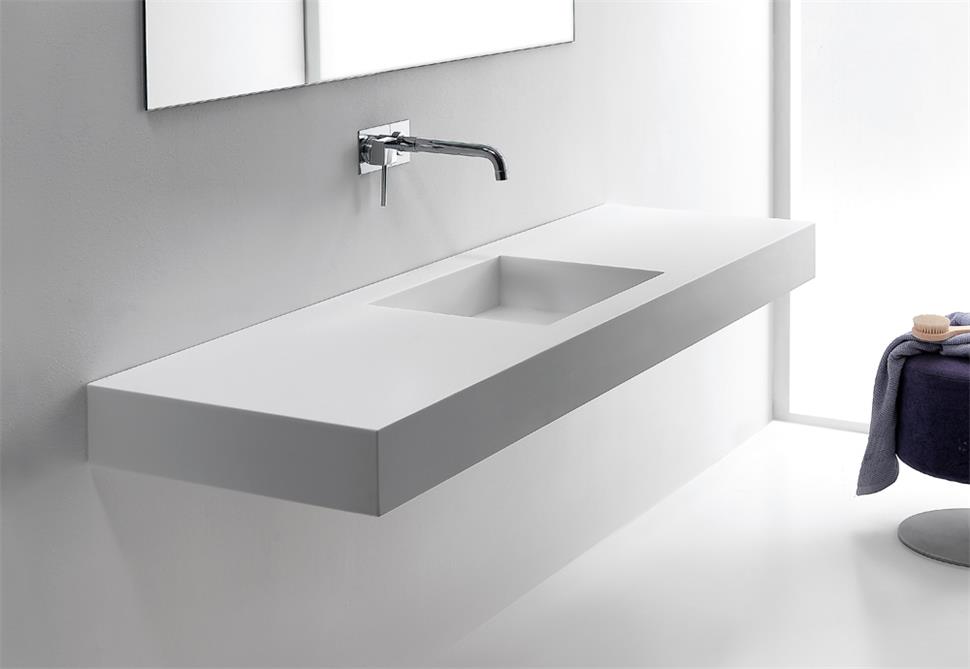 There are several materials that are commonly used for bathroom vanity surfaces, including granite, marble, quartz, and laminate. Each has its own unique qualities and benefits, but when it comes to the best overall surface for a bathroom vanity,
quartz
takes the lead.
There are several materials that are commonly used for bathroom vanity surfaces, including granite, marble, quartz, and laminate. Each has its own unique qualities and benefits, but when it comes to the best overall surface for a bathroom vanity,
quartz
takes the lead.
The Advantages of Quartz
 Quartz is an engineered stone made from natural quartz crystals mixed with resin and pigments. This combination creates a durable and non-porous surface, making it resistant to stains, scratches, and water damage. Unlike natural stones such as granite and marble, quartz does not need to be sealed, making it virtually maintenance-free.
Another advantage of quartz is its versatility in design. With a wide range of colors and patterns available, you can easily find a quartz surface that complements your bathroom's style. Whether you prefer a modern and sleek look or a more traditional and elegant feel, there is a quartz surface for every taste.
Quartz is an engineered stone made from natural quartz crystals mixed with resin and pigments. This combination creates a durable and non-porous surface, making it resistant to stains, scratches, and water damage. Unlike natural stones such as granite and marble, quartz does not need to be sealed, making it virtually maintenance-free.
Another advantage of quartz is its versatility in design. With a wide range of colors and patterns available, you can easily find a quartz surface that complements your bathroom's style. Whether you prefer a modern and sleek look or a more traditional and elegant feel, there is a quartz surface for every taste.
The Final Verdict
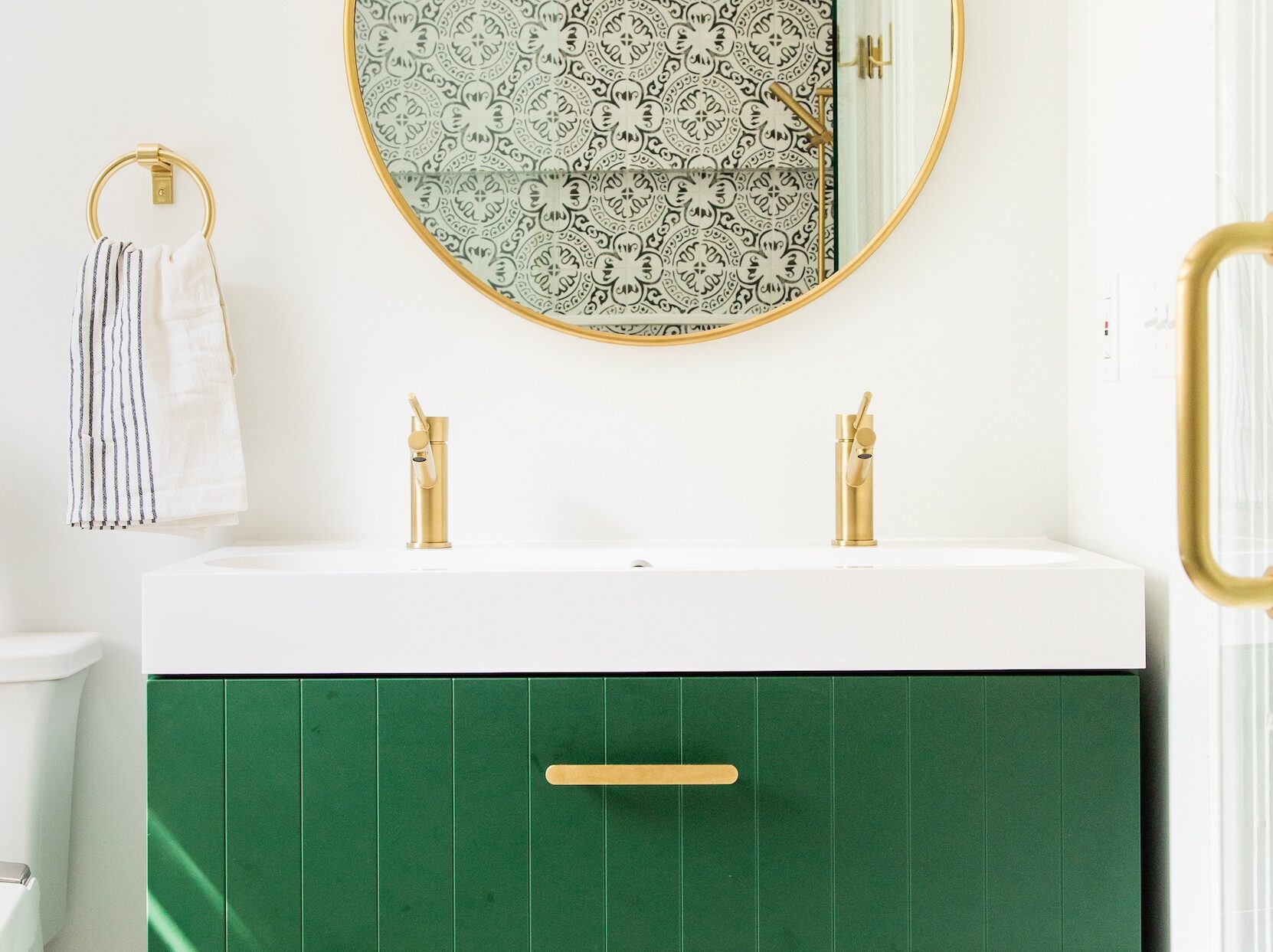 When it comes down to it,
quartz
is the best surface for a bathroom vanity. Its durability, low maintenance, and design options make it the top choice for homeowners and designers alike. So when you're ready to design your dream bathroom, be sure to consider quartz as your go-to surface for your vanity.
When it comes down to it,
quartz
is the best surface for a bathroom vanity. Its durability, low maintenance, and design options make it the top choice for homeowners and designers alike. So when you're ready to design your dream bathroom, be sure to consider quartz as your go-to surface for your vanity.




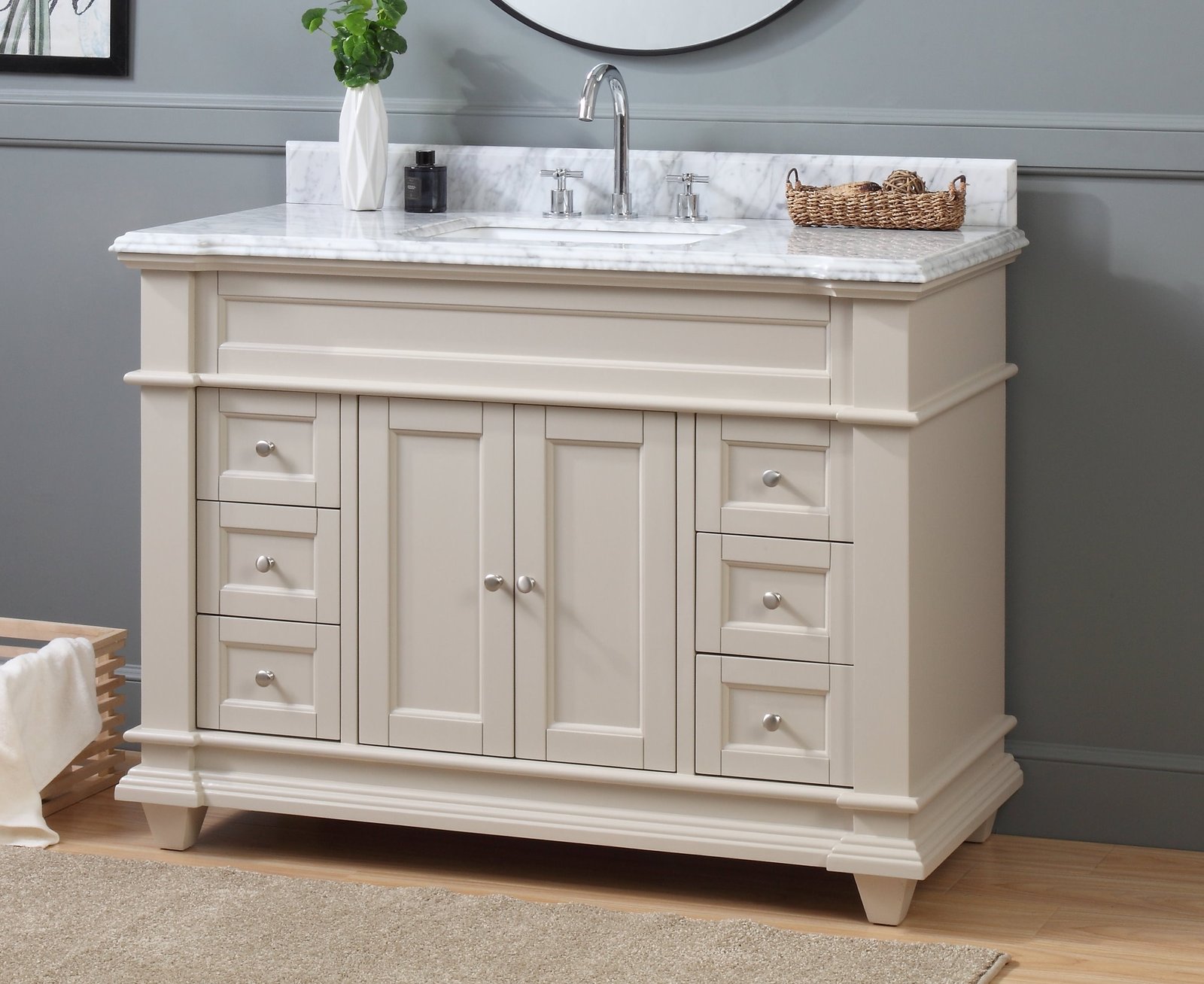

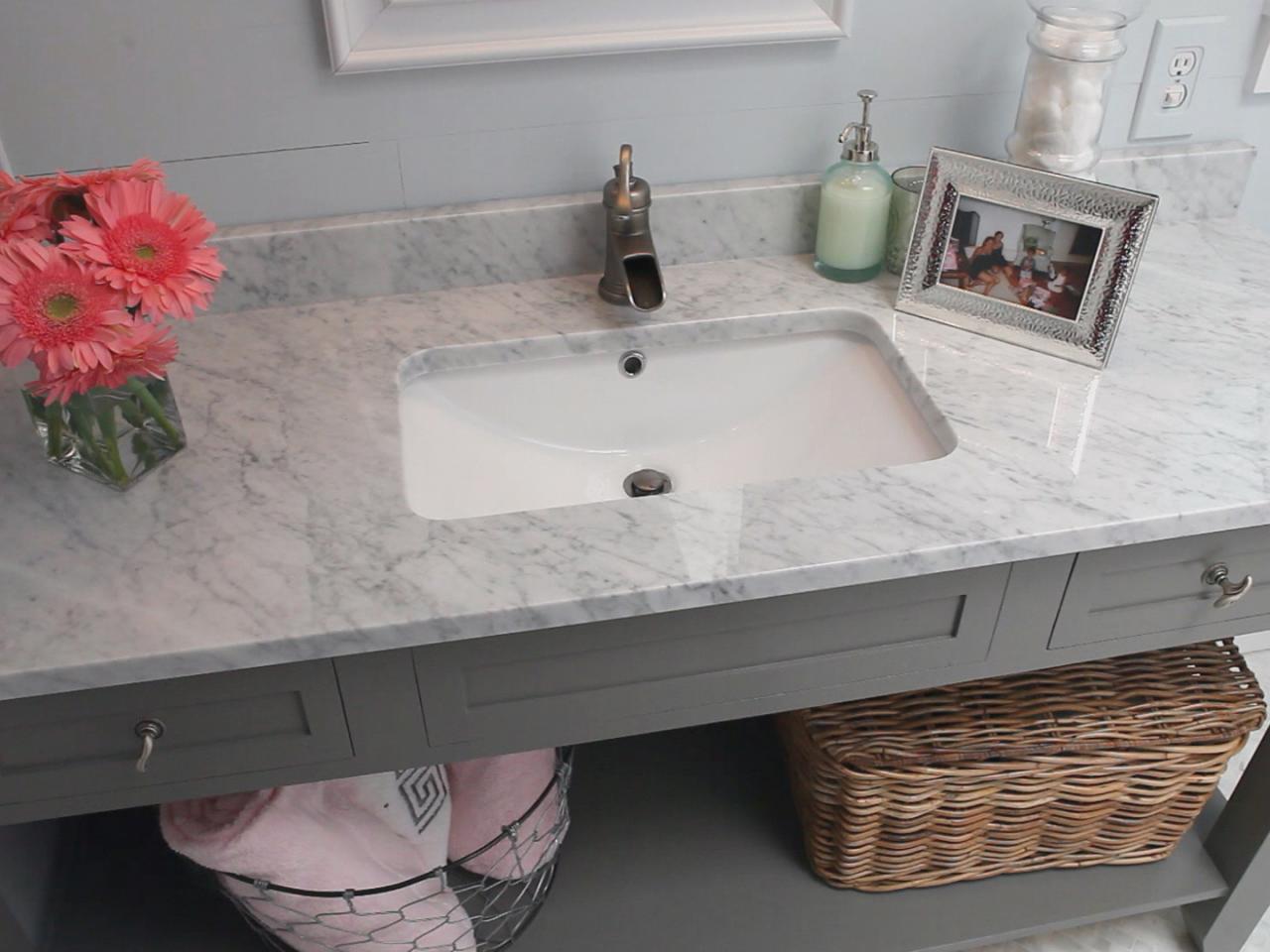
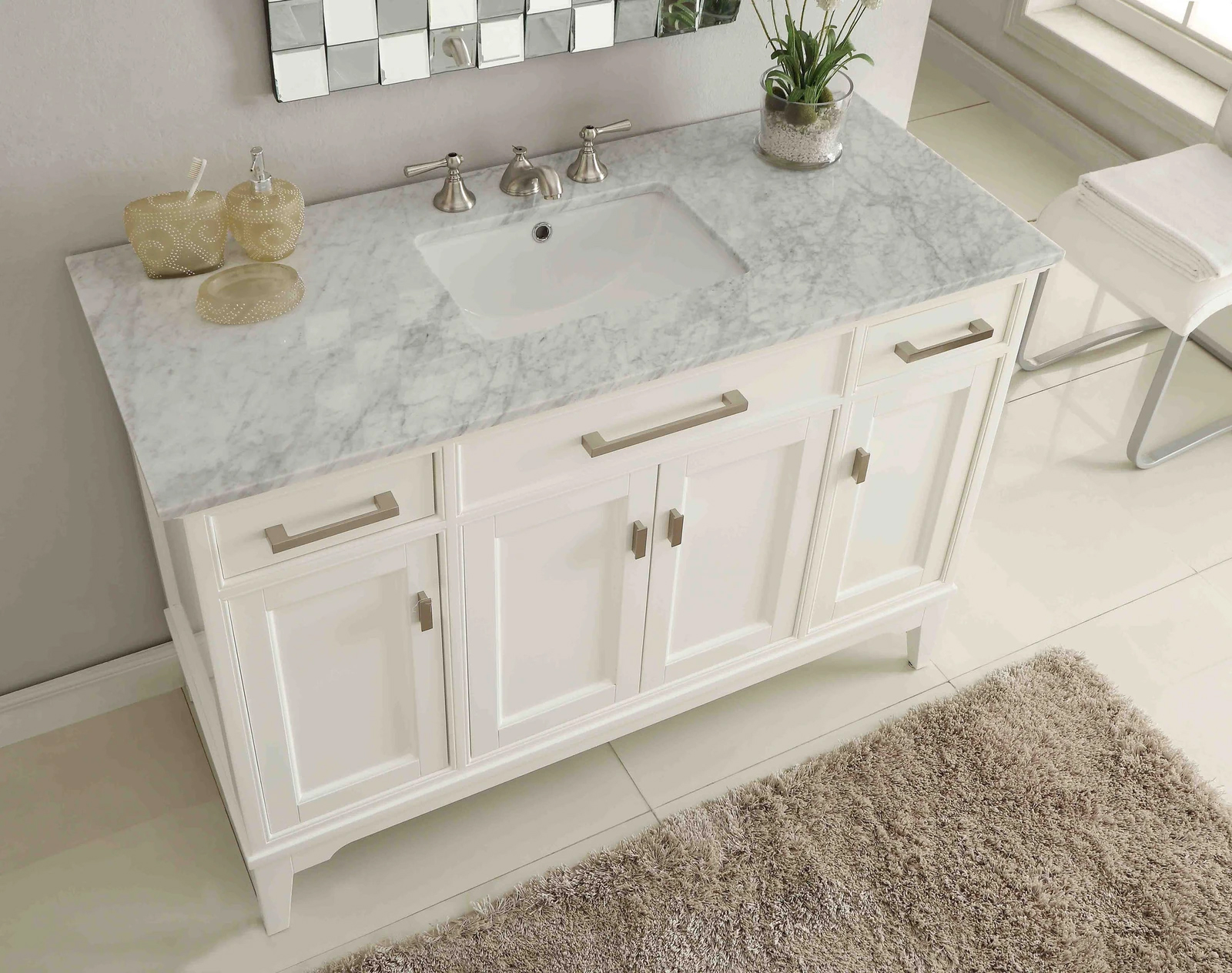

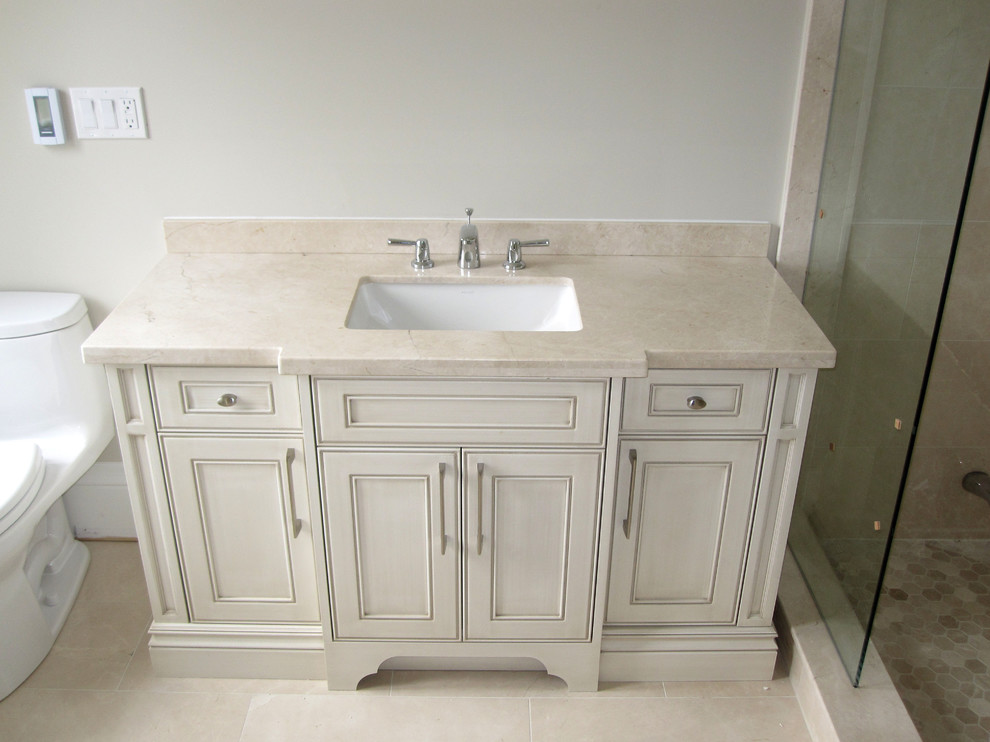
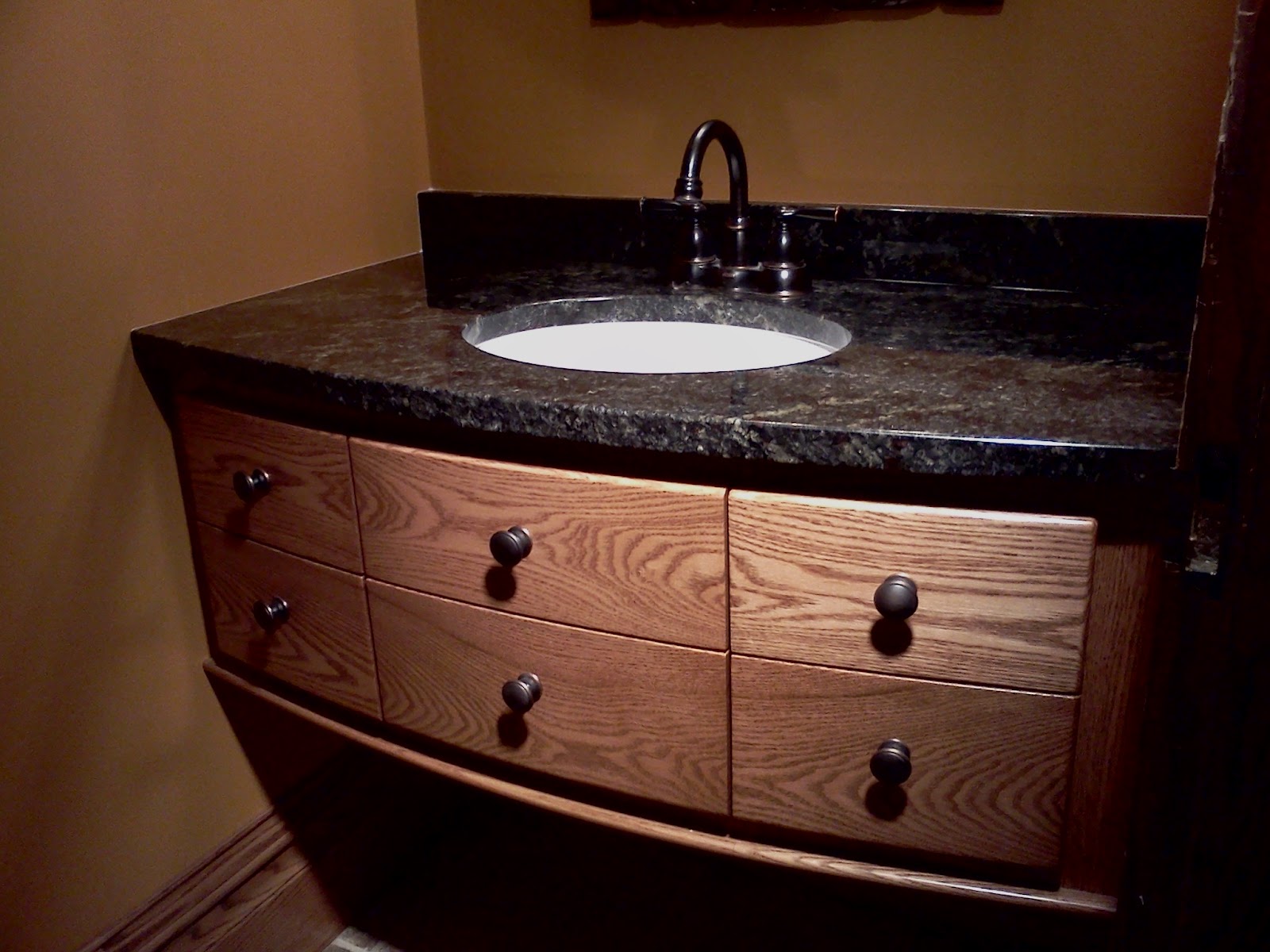
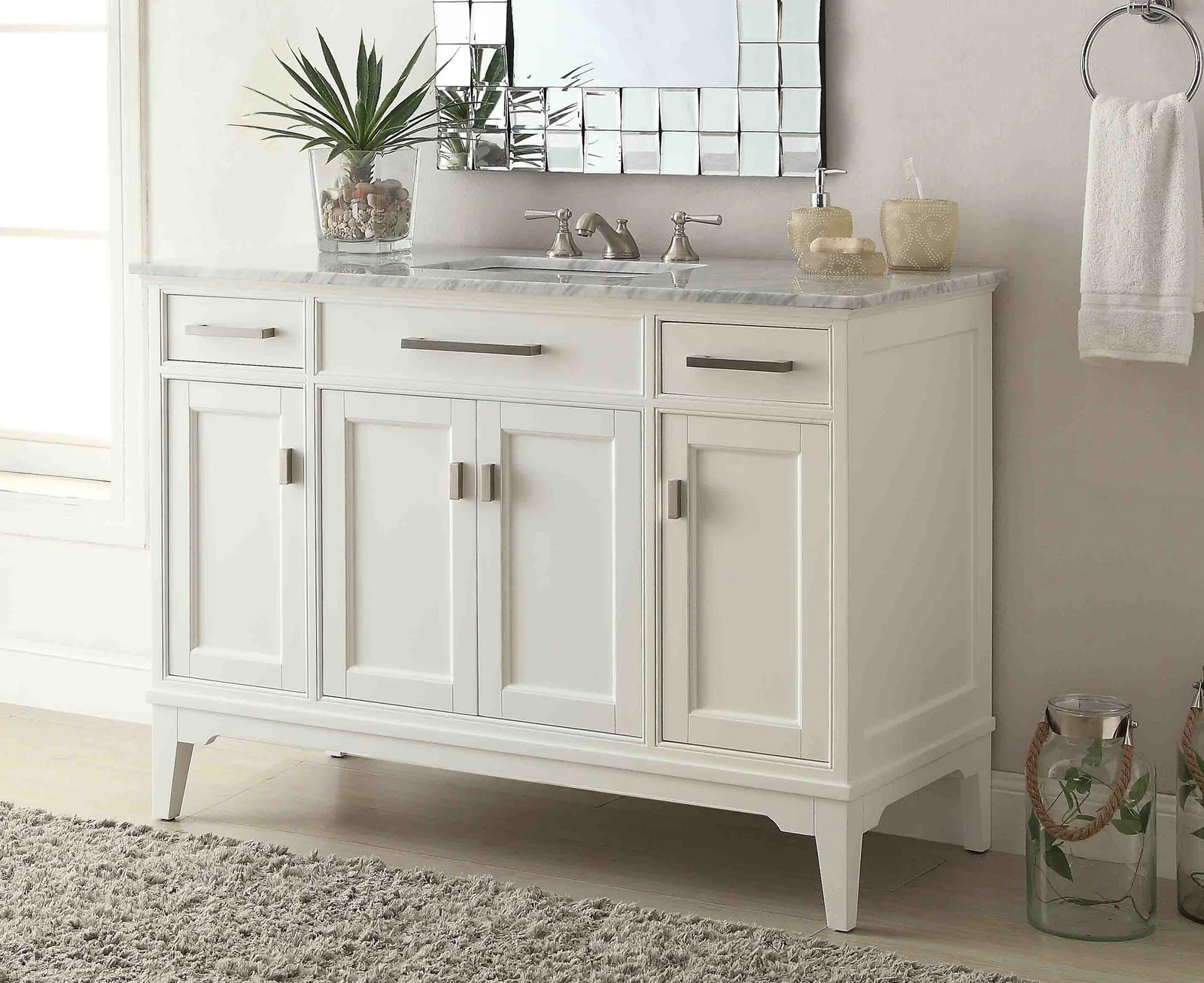
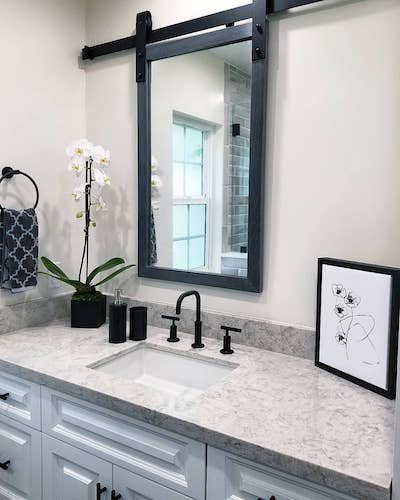


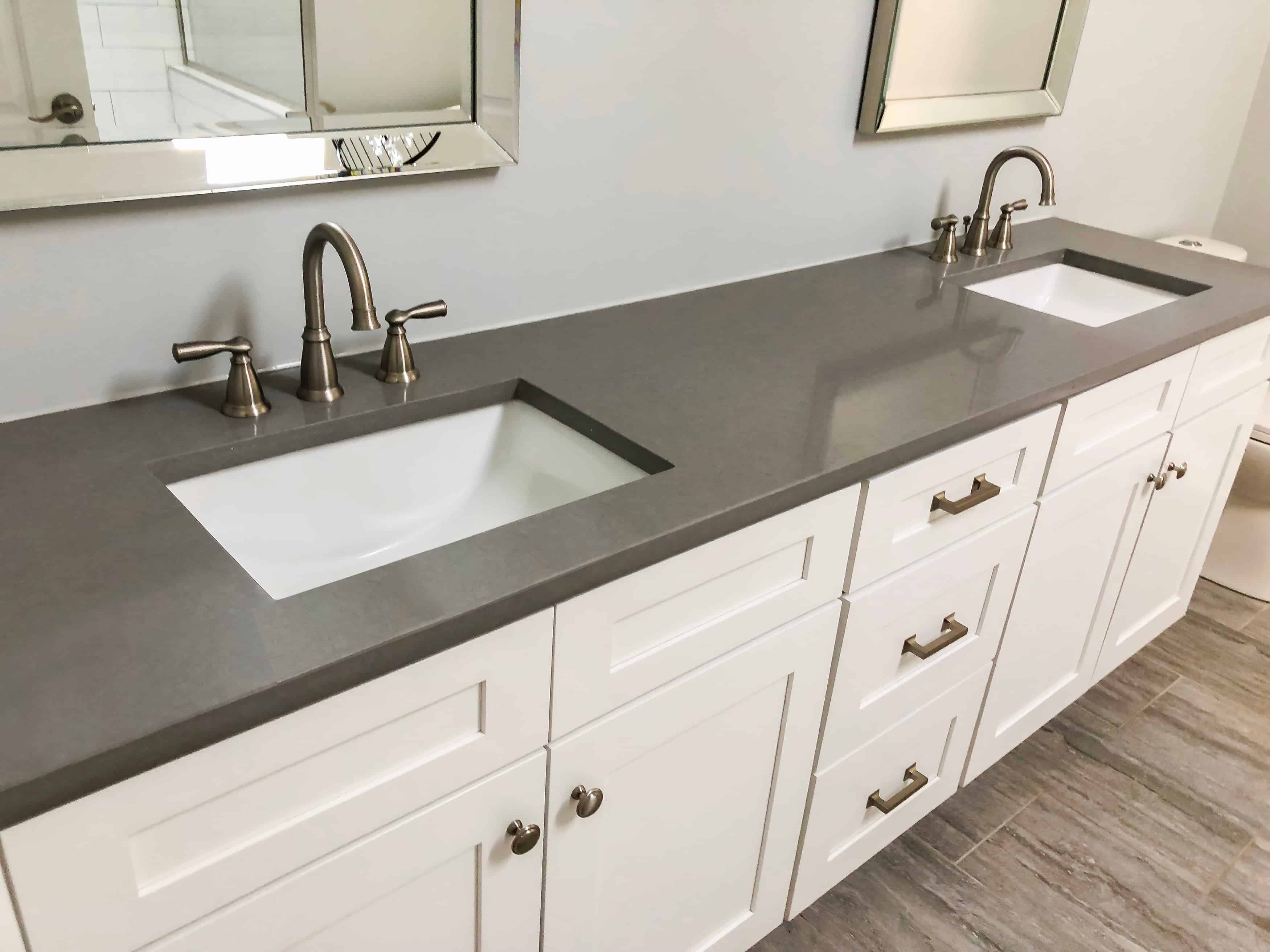
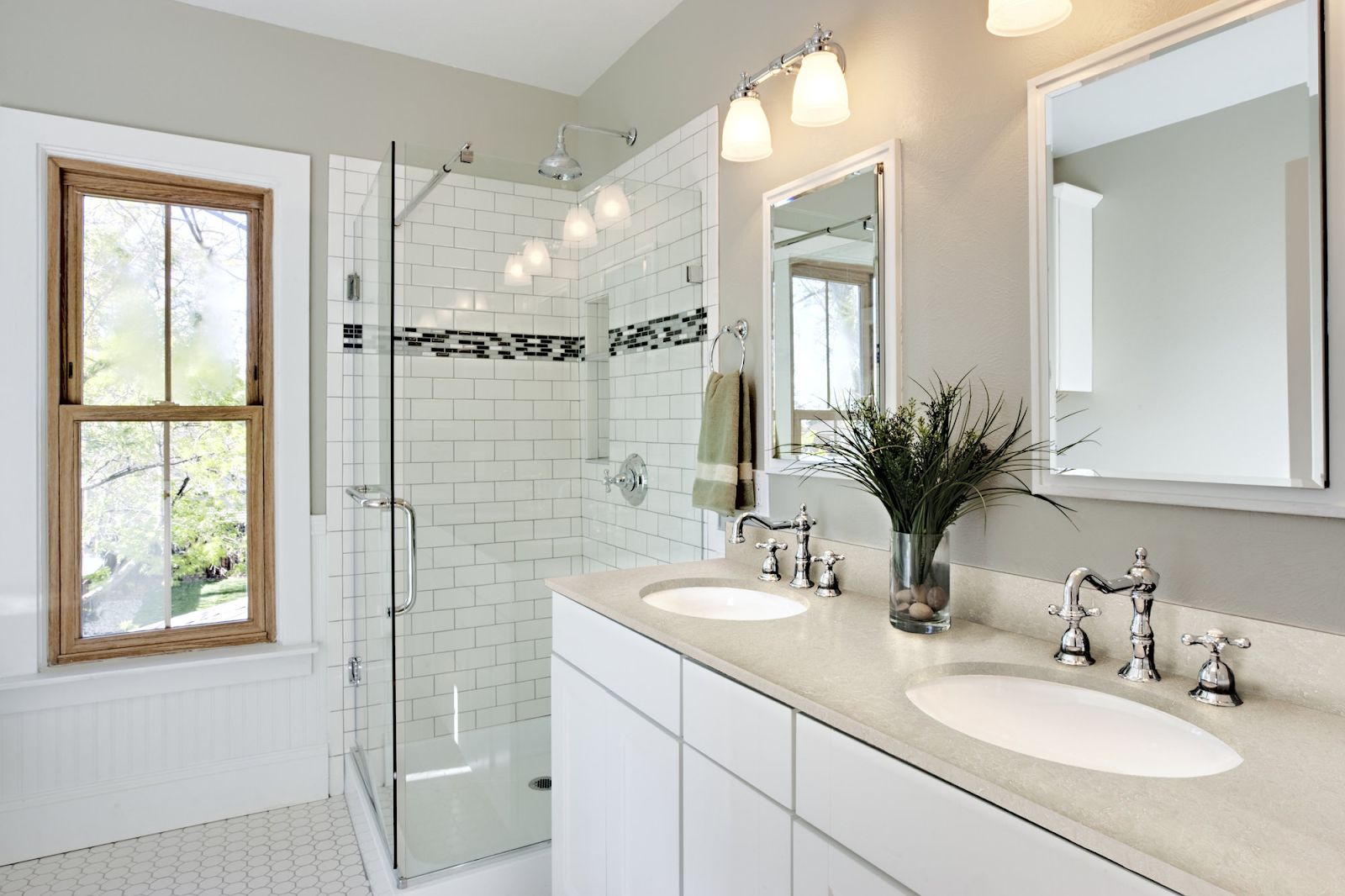

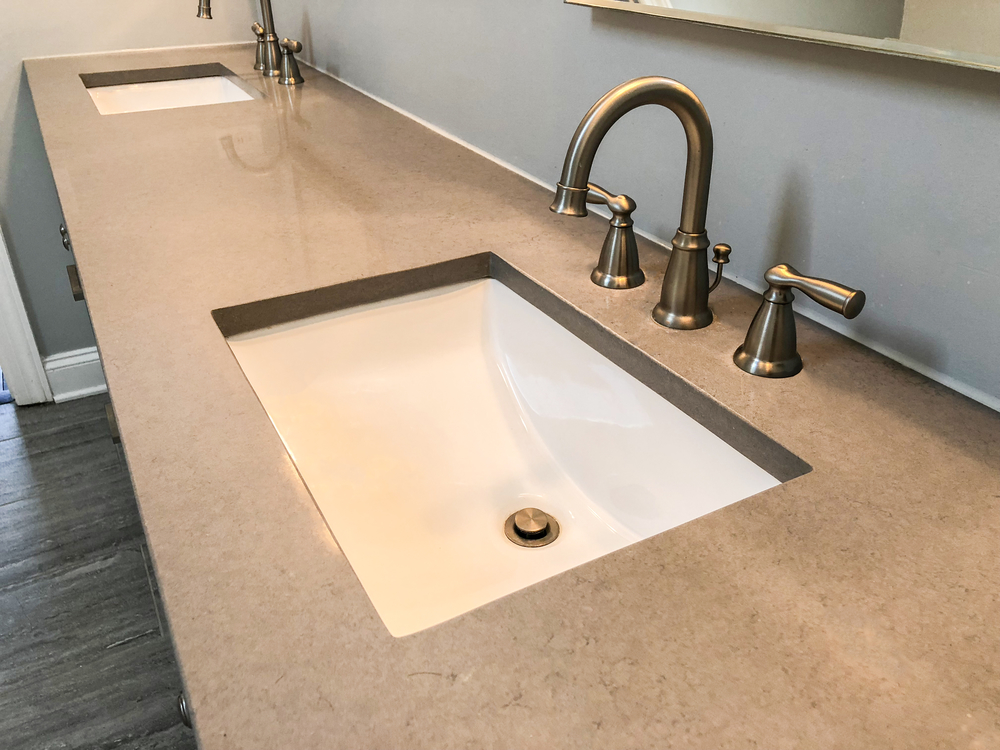
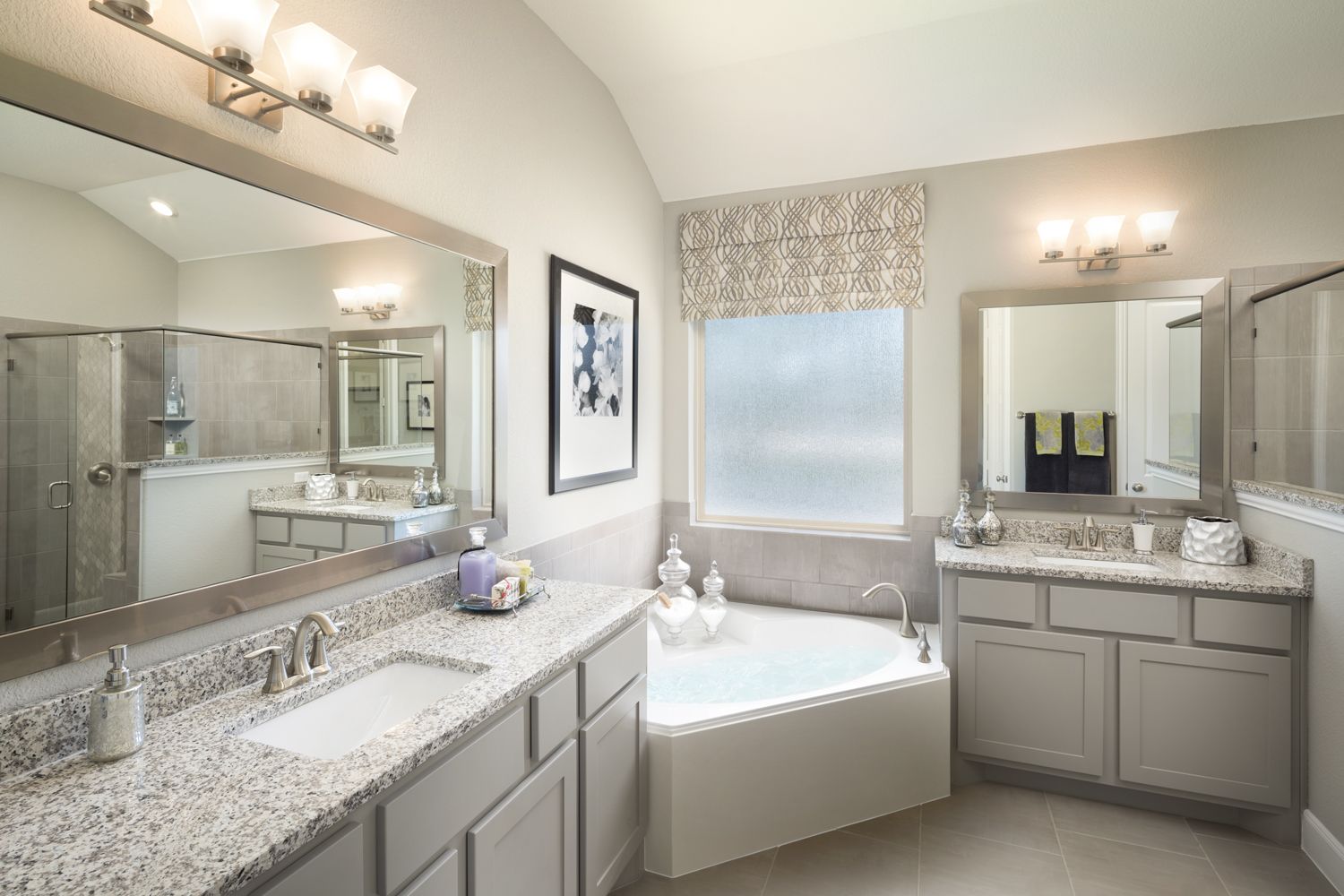
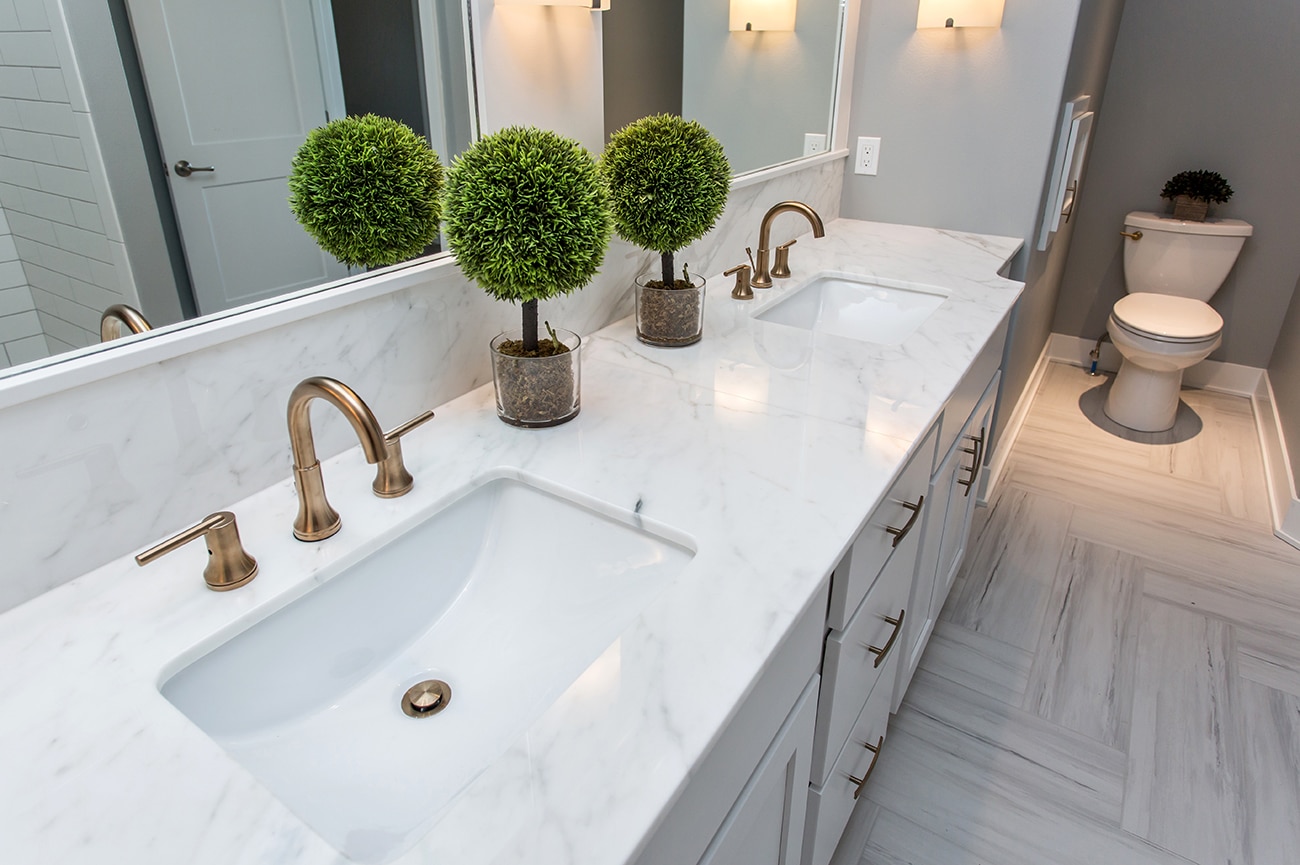

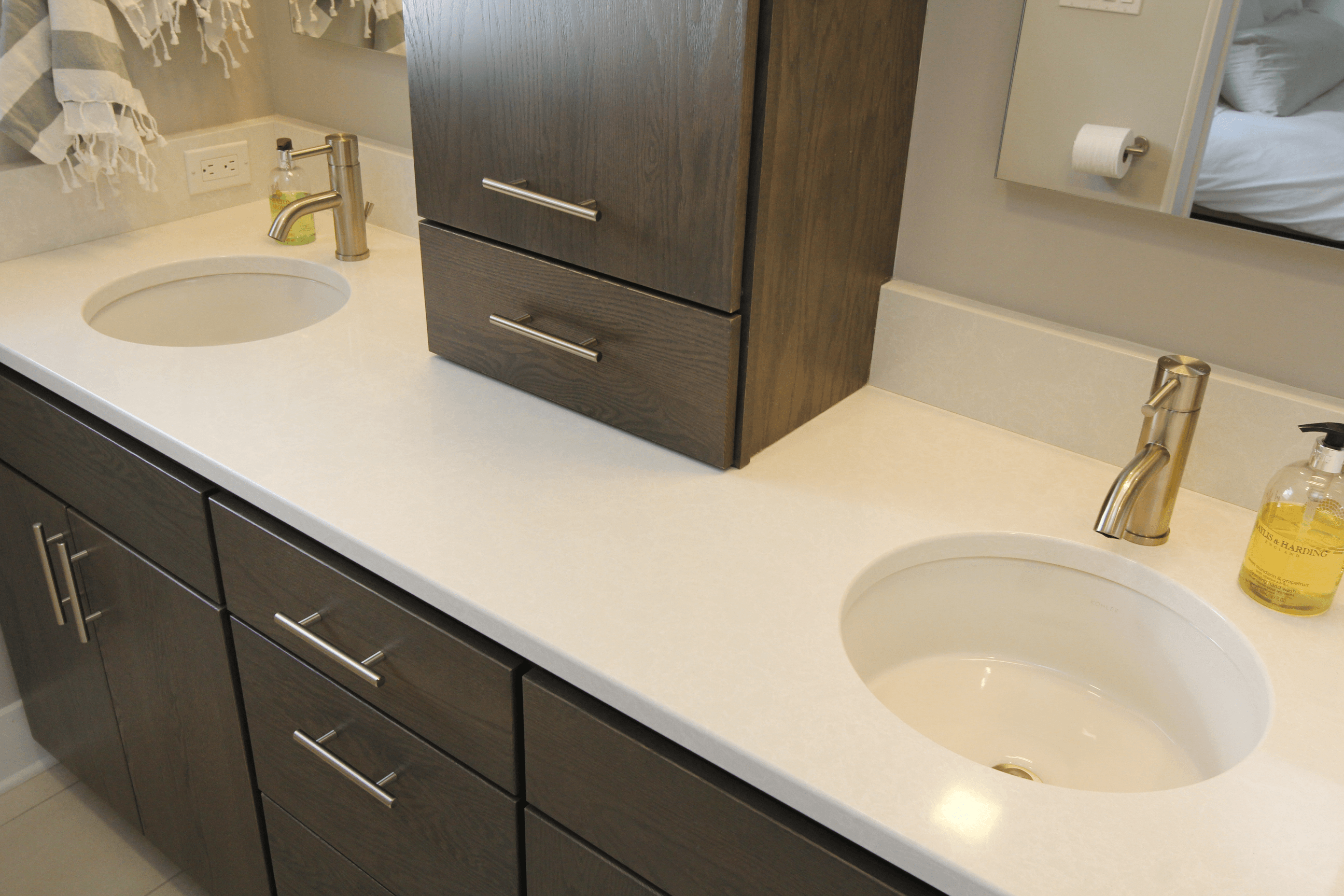














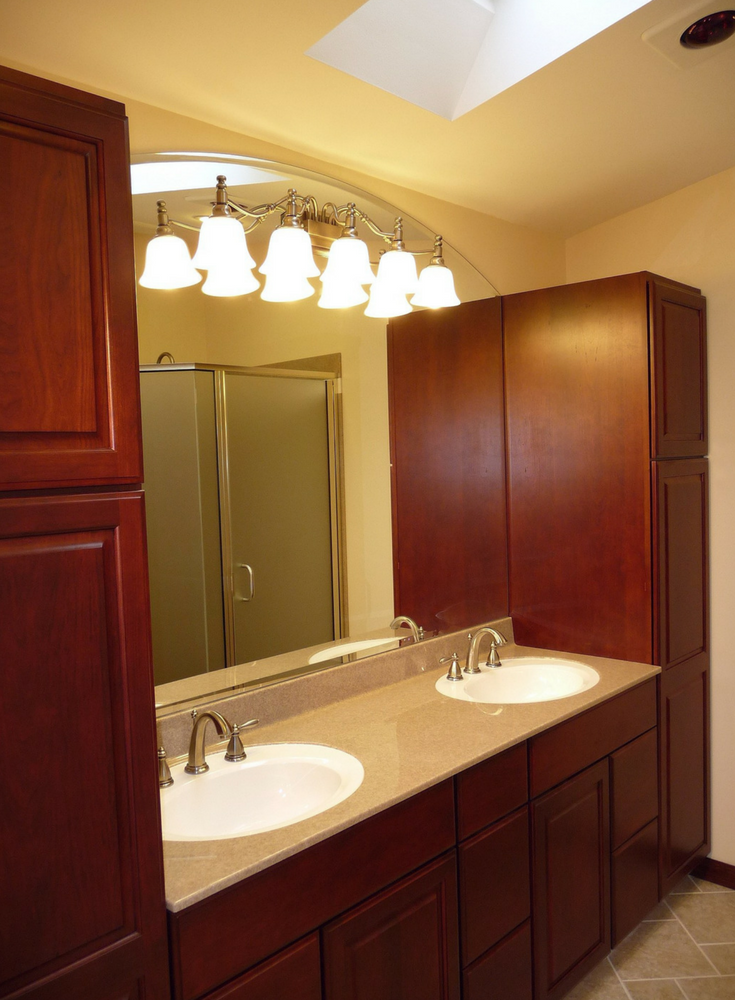
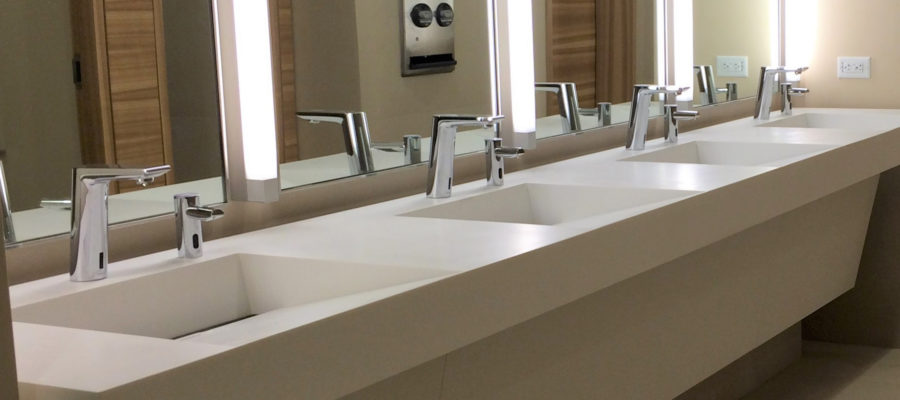
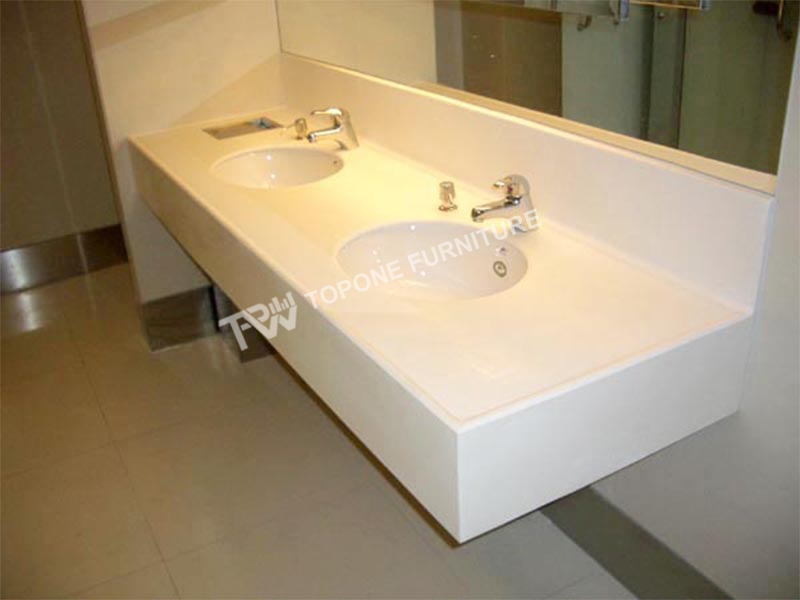





-O.jpg)

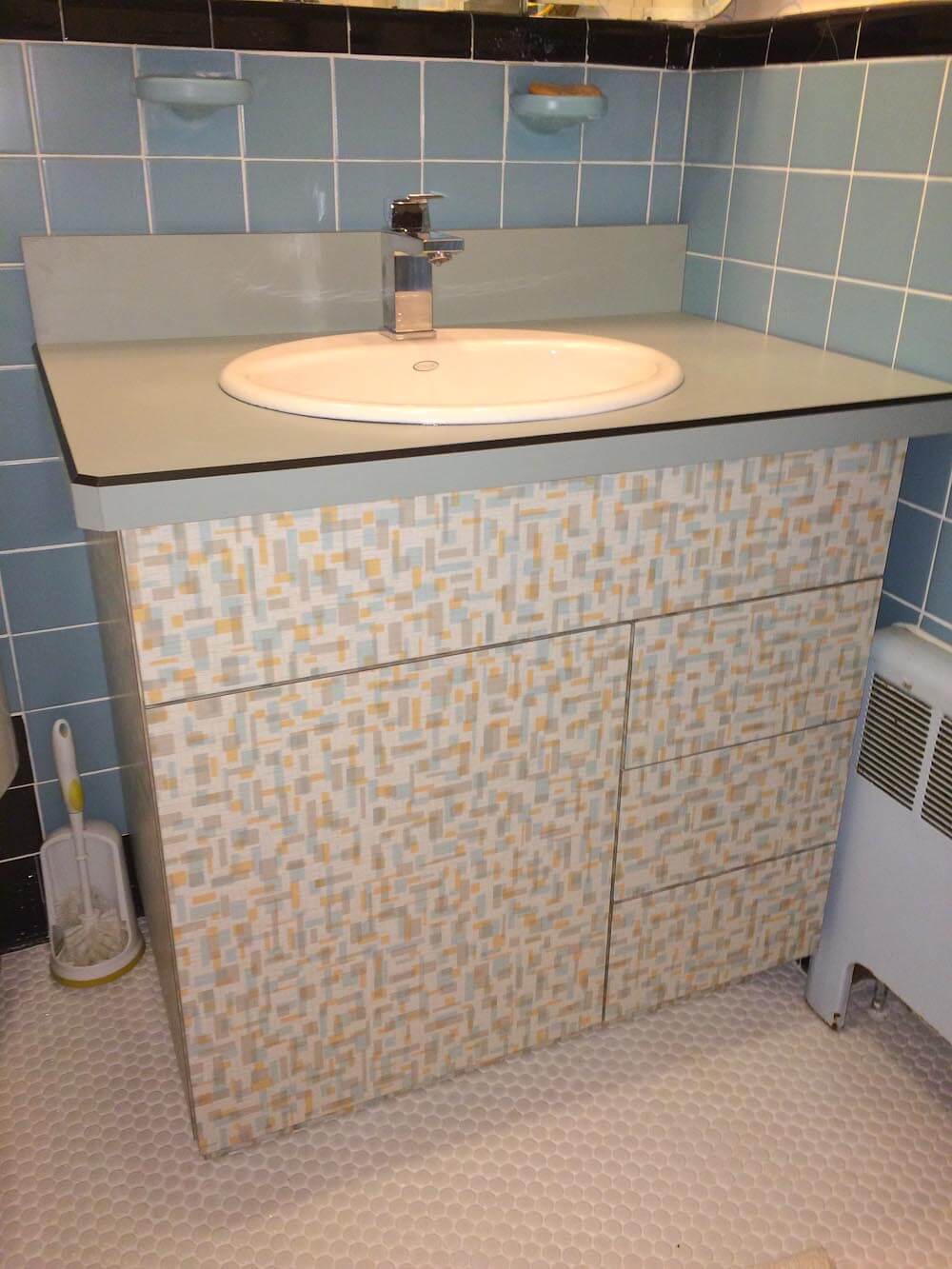


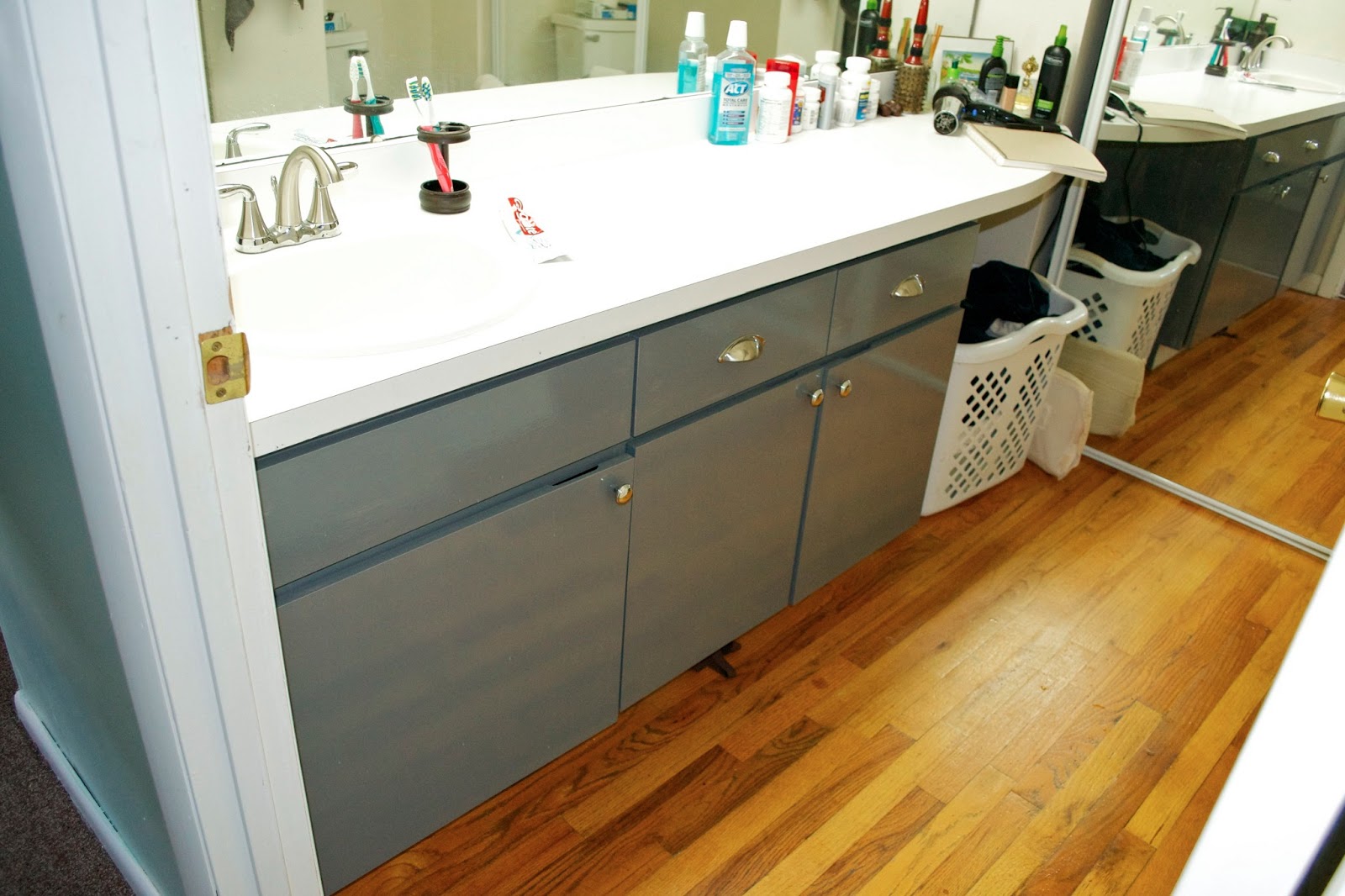
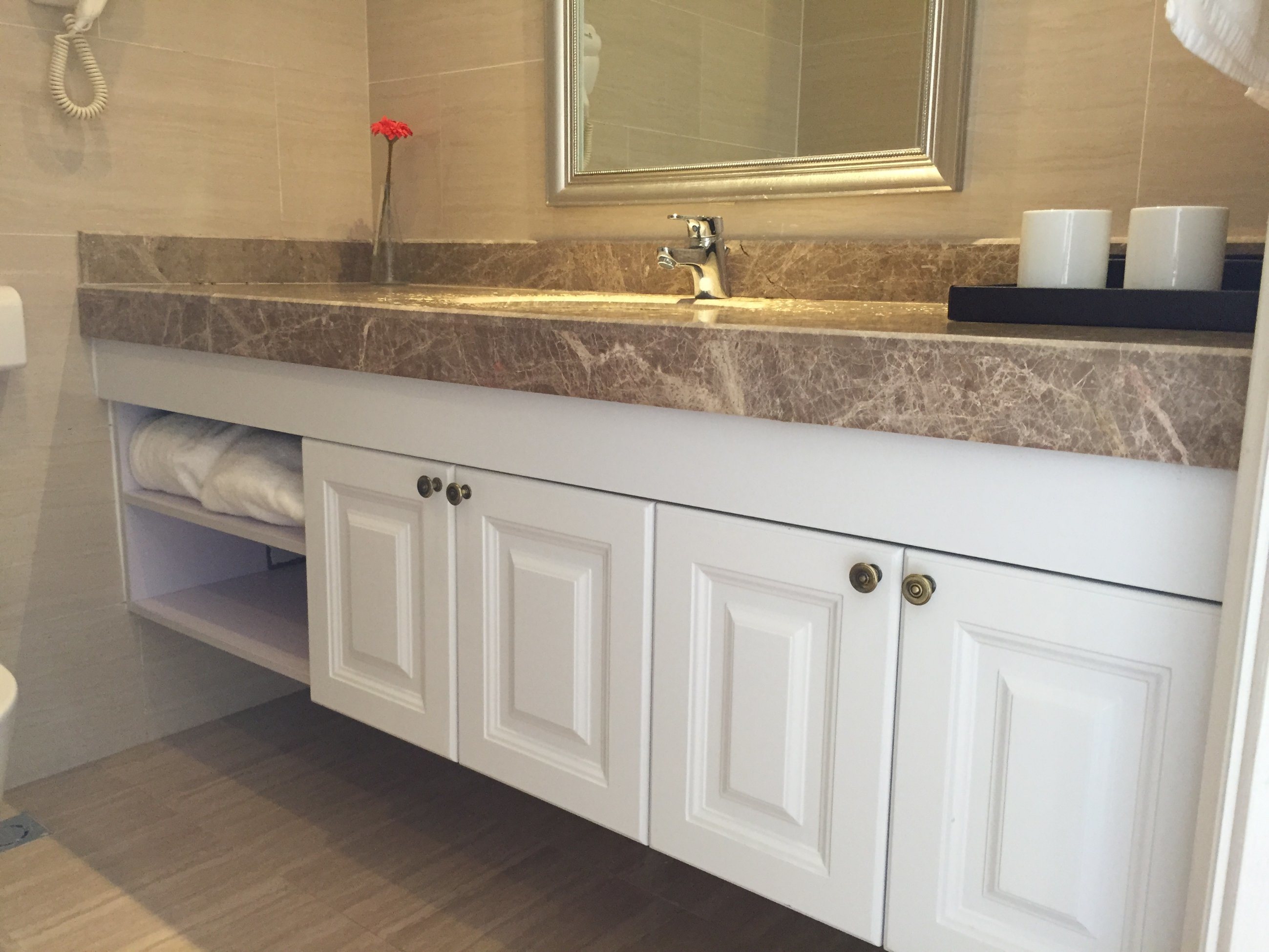

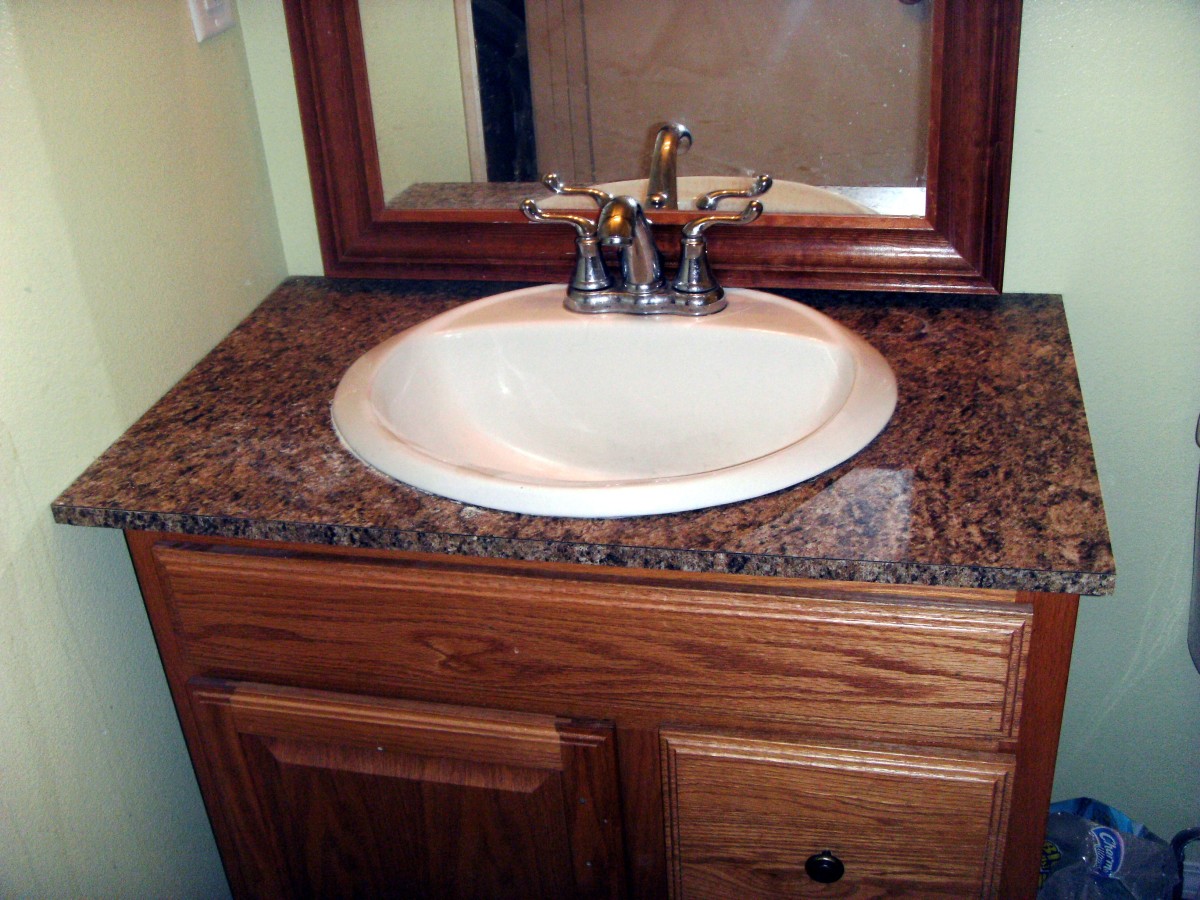







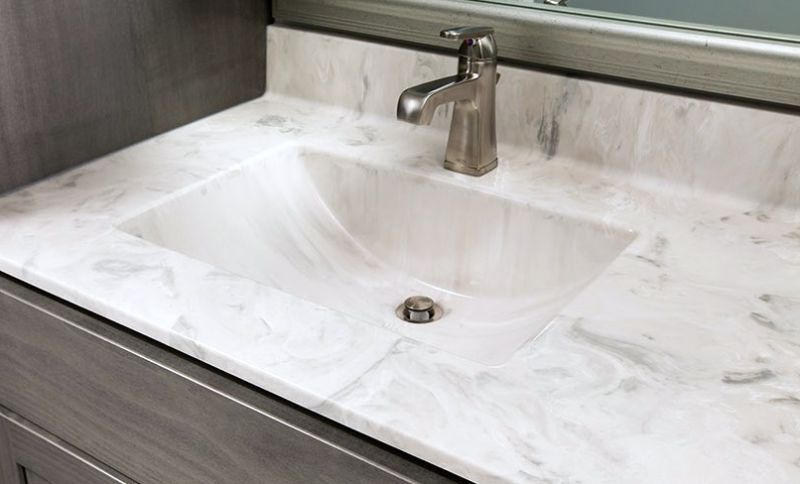







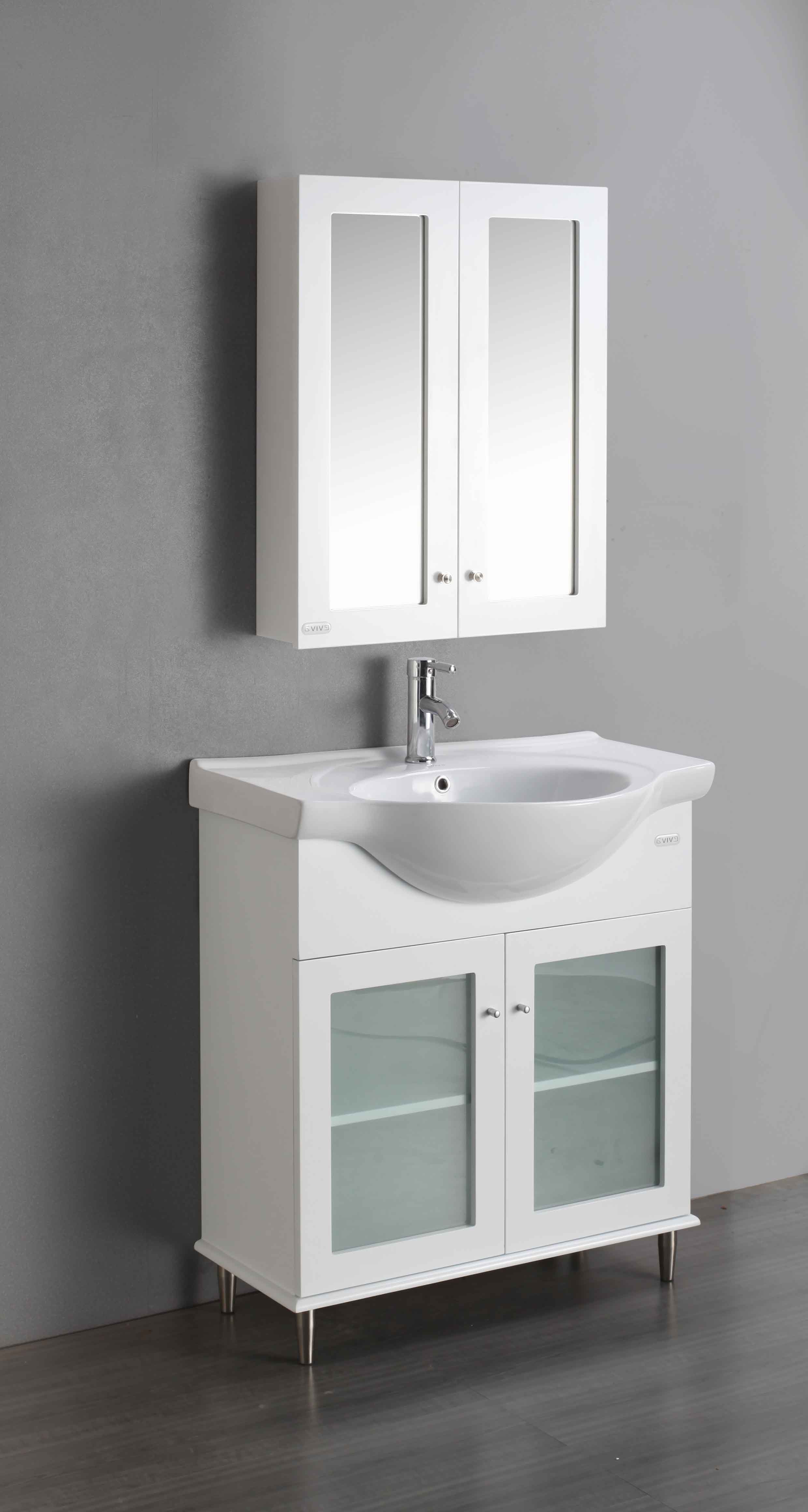

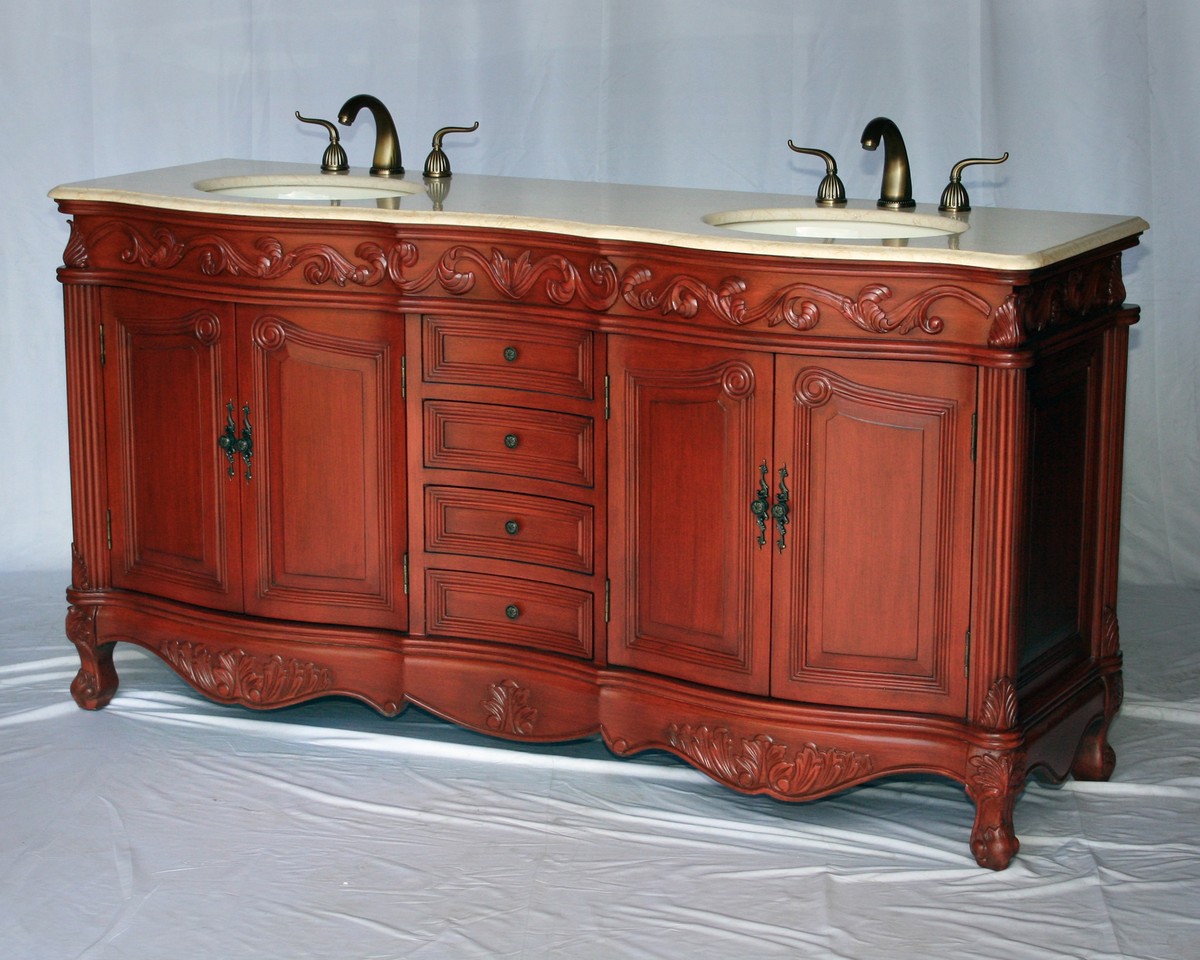
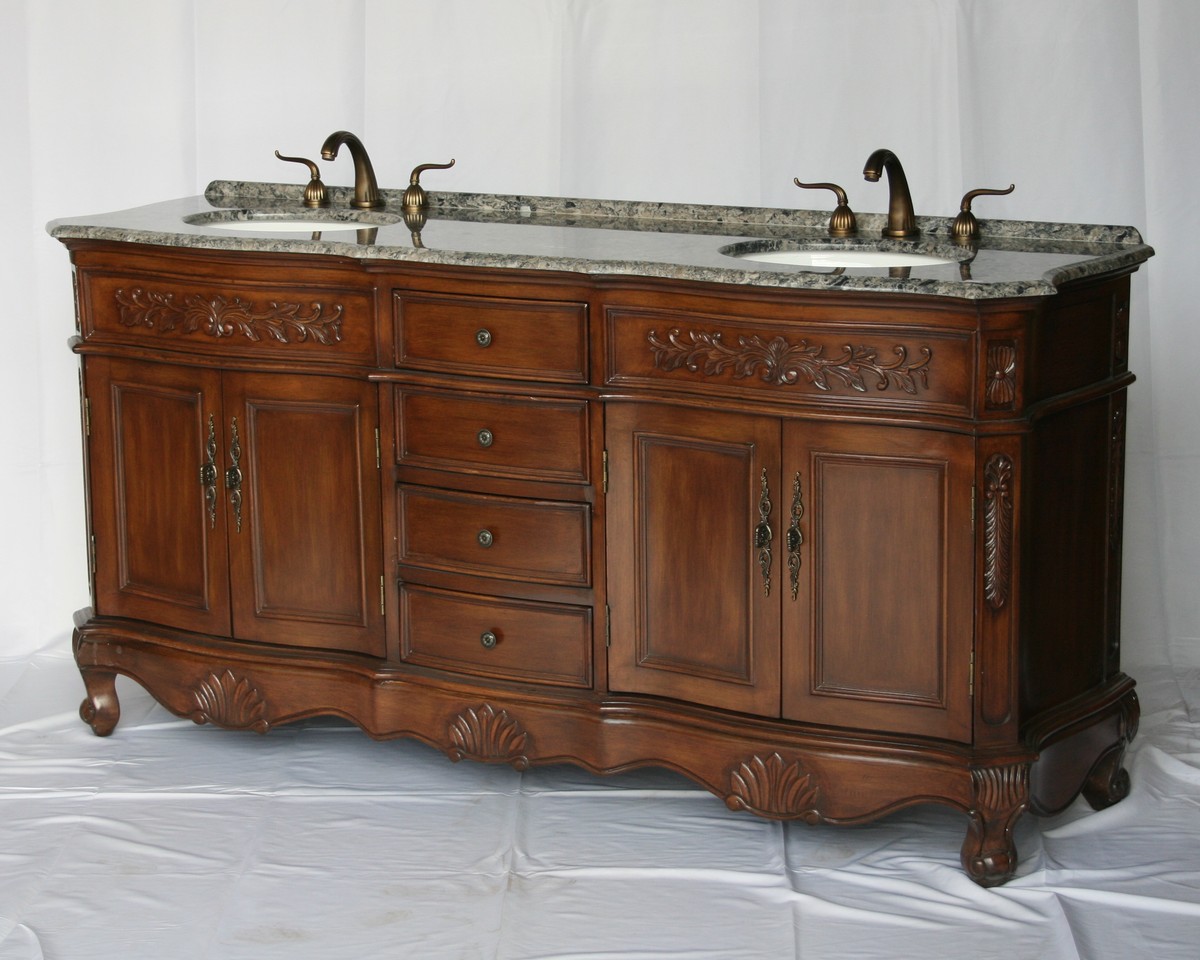
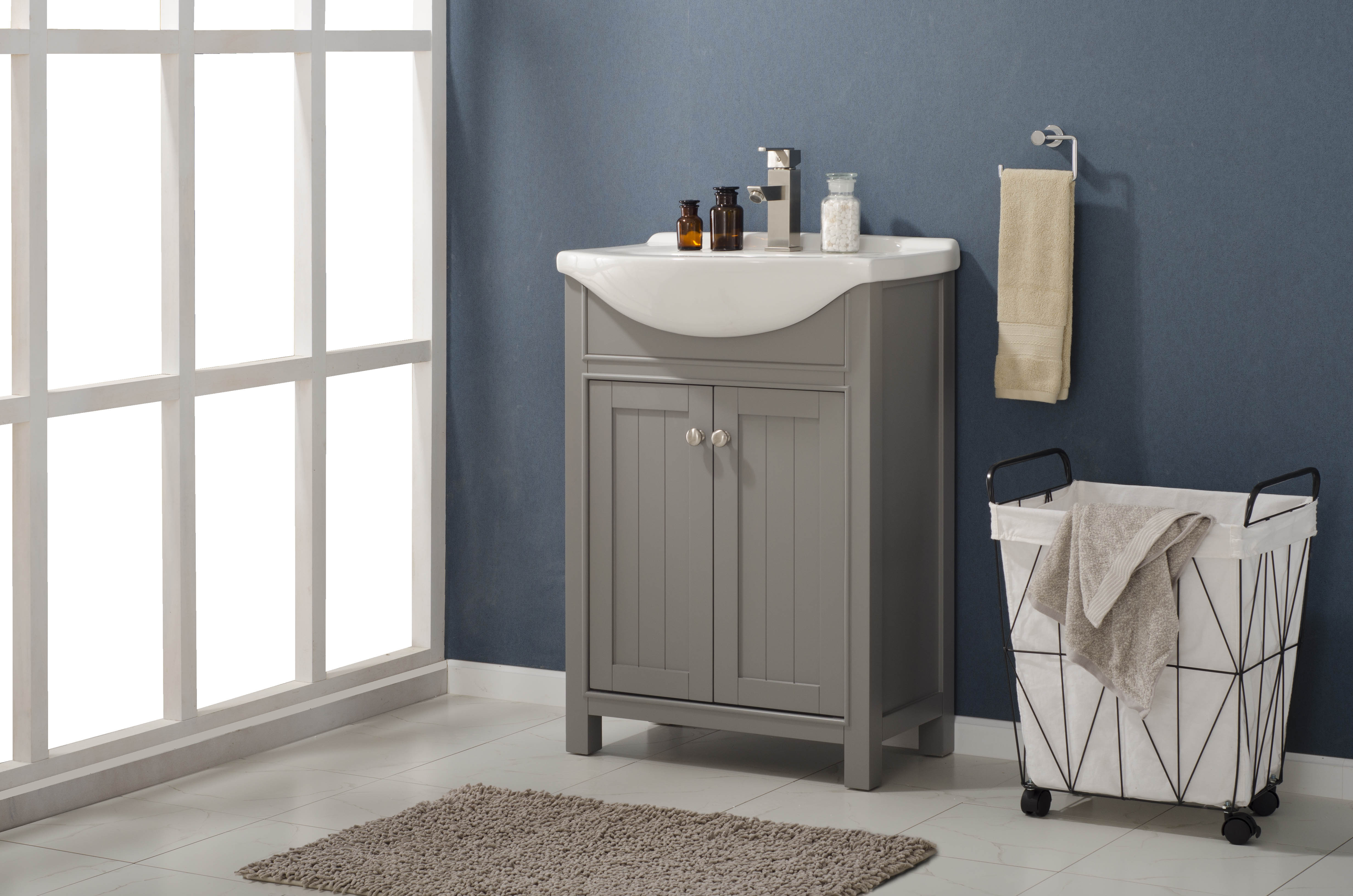

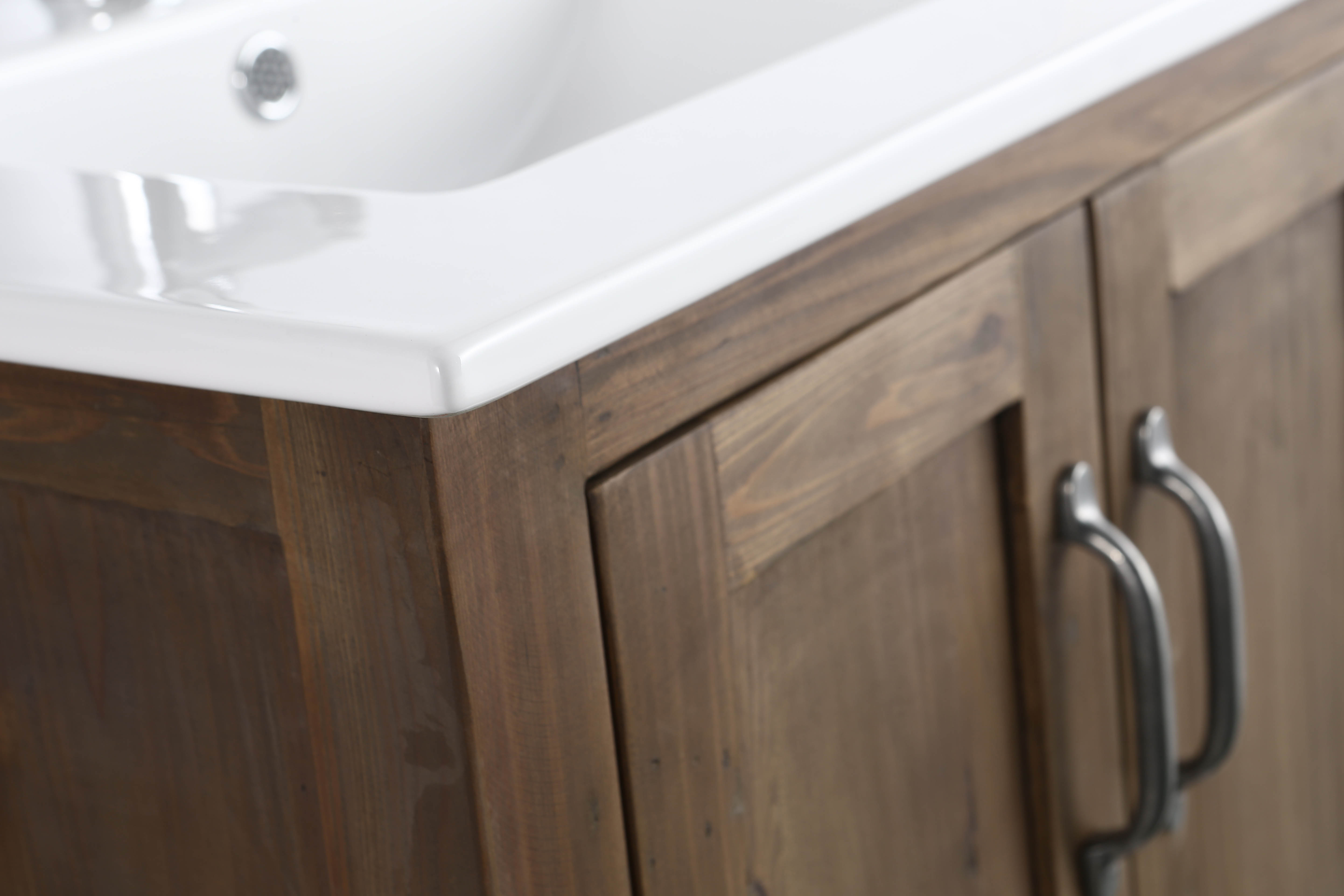



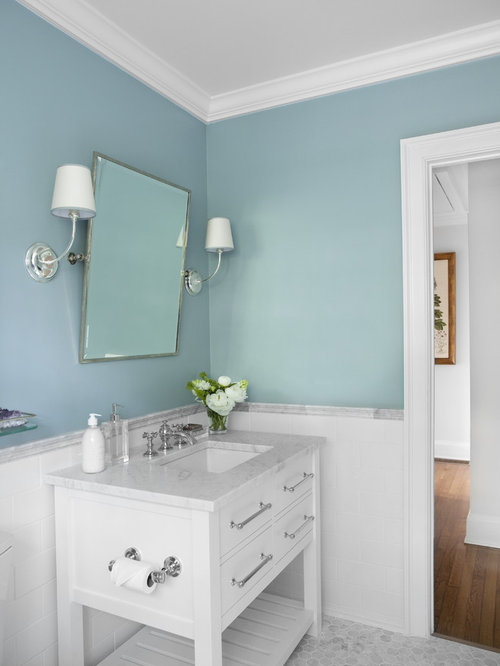


















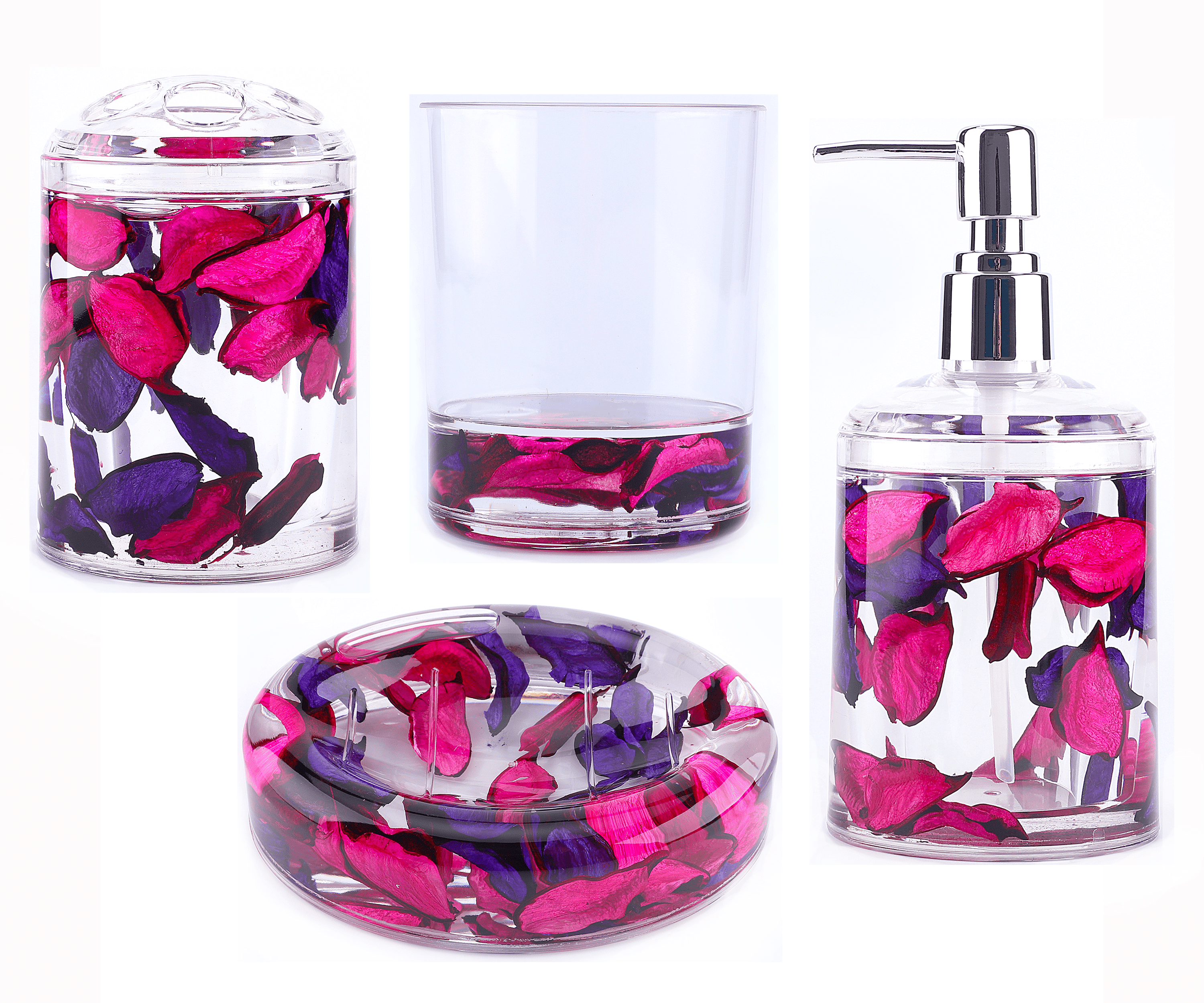
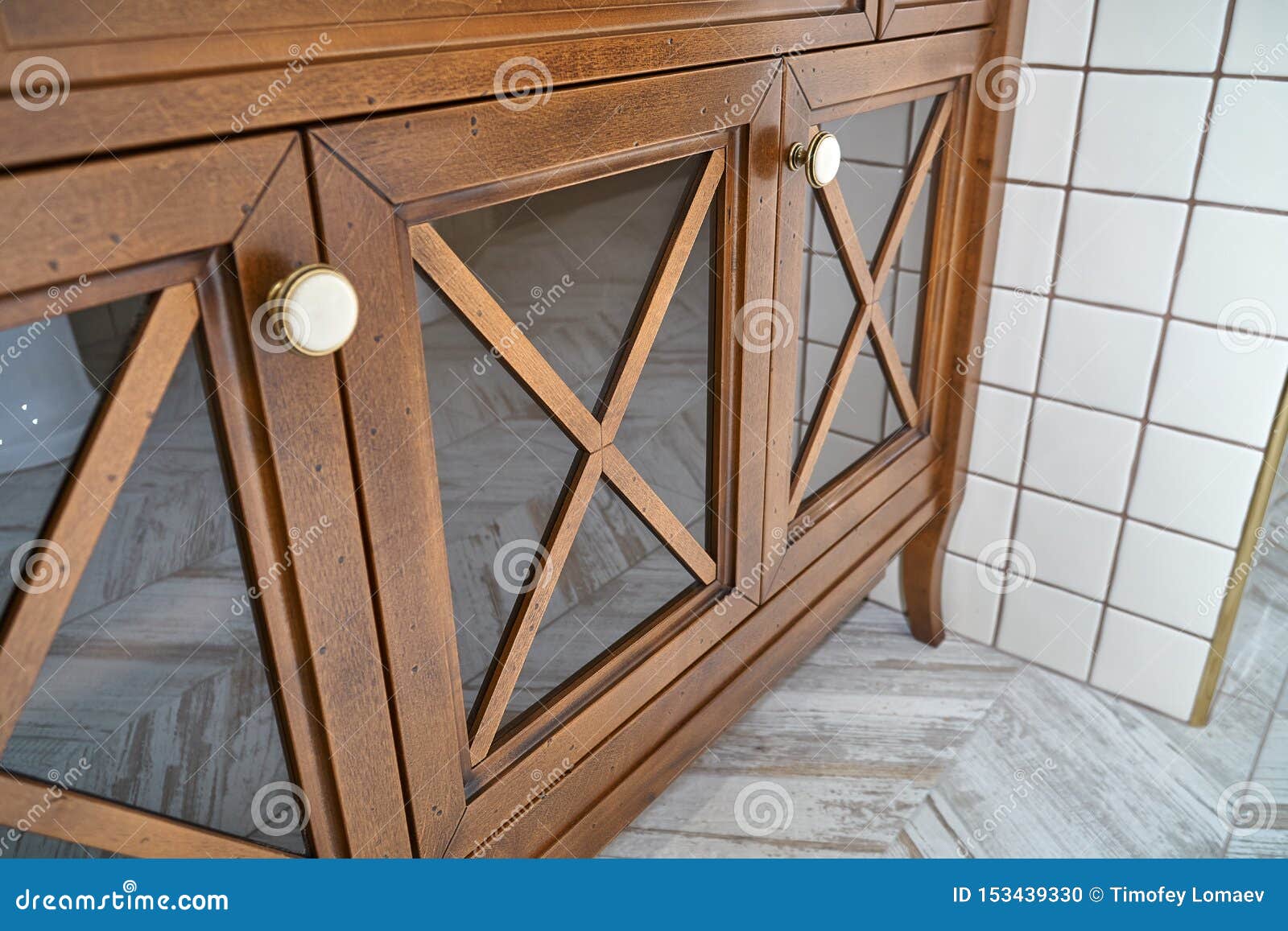
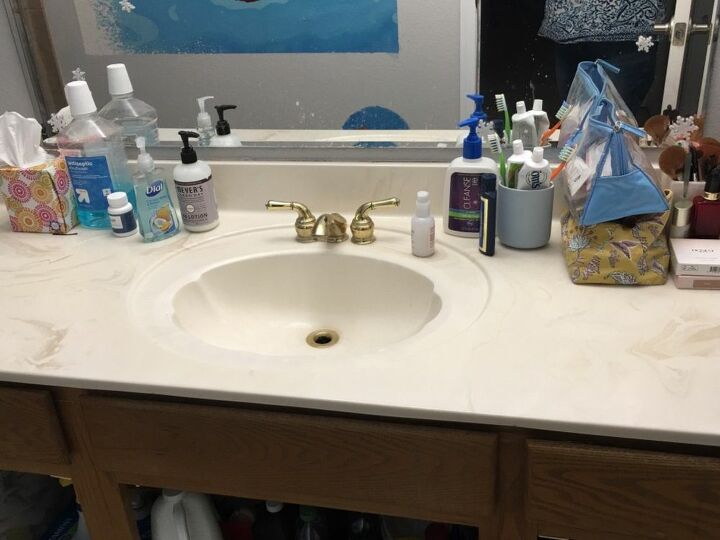
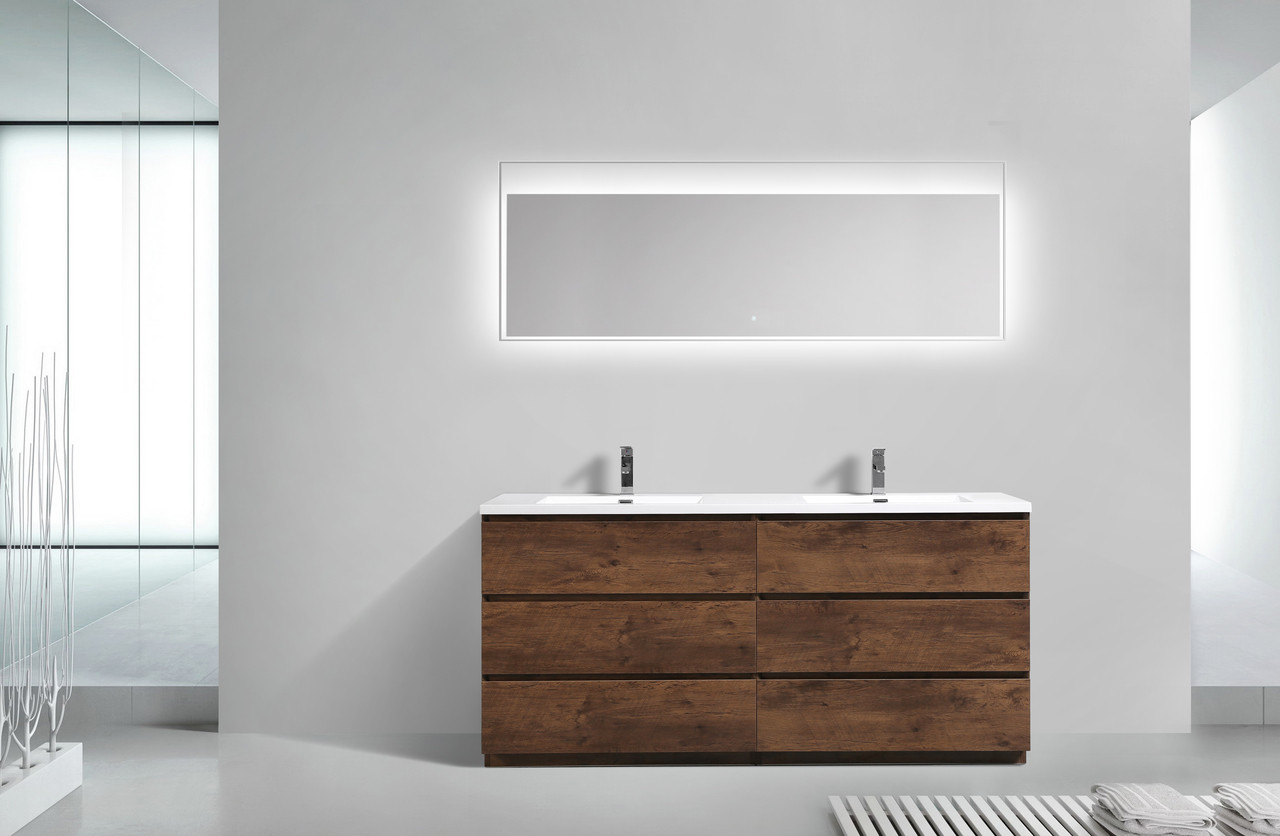
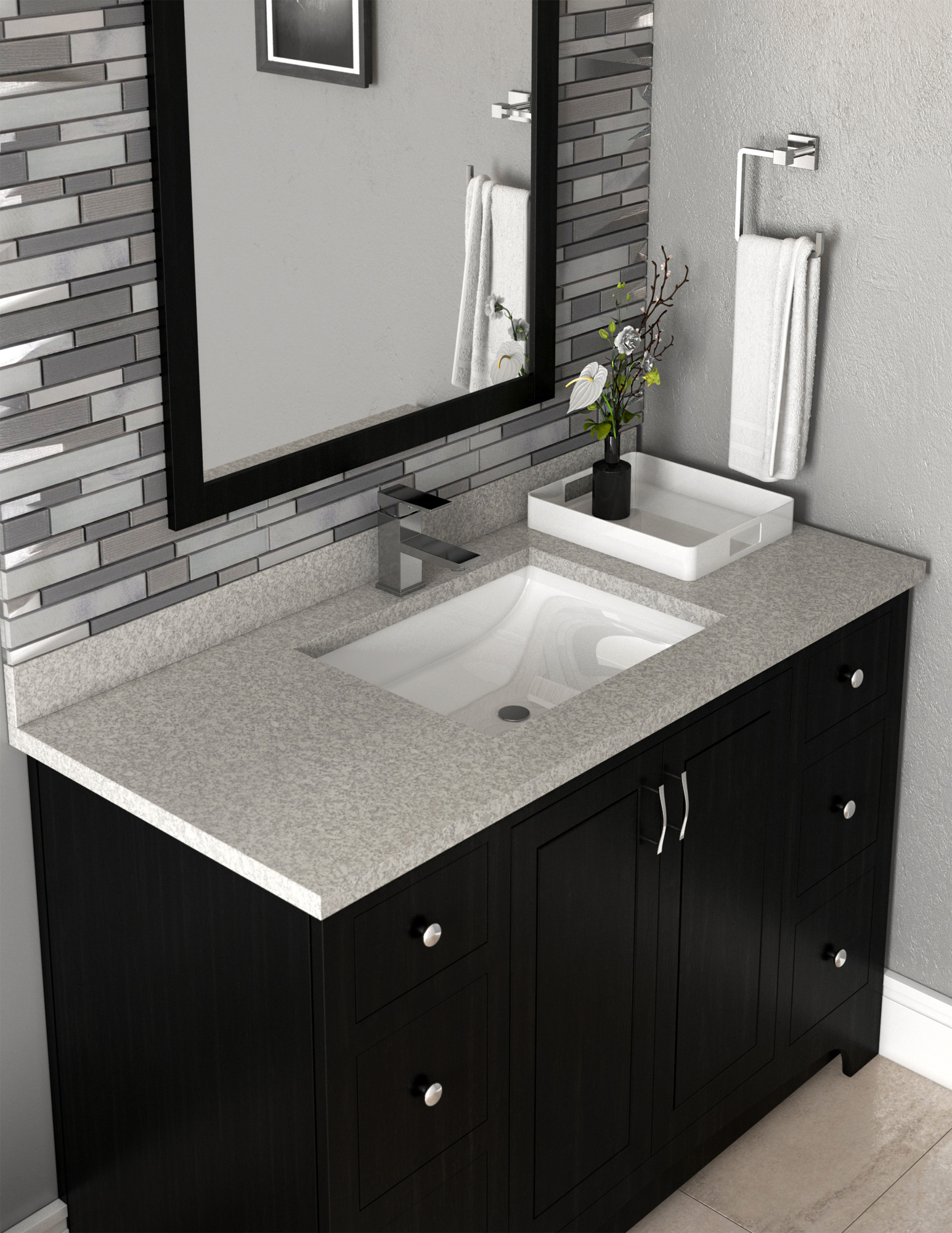
/MitrickBathroom.jpg)

